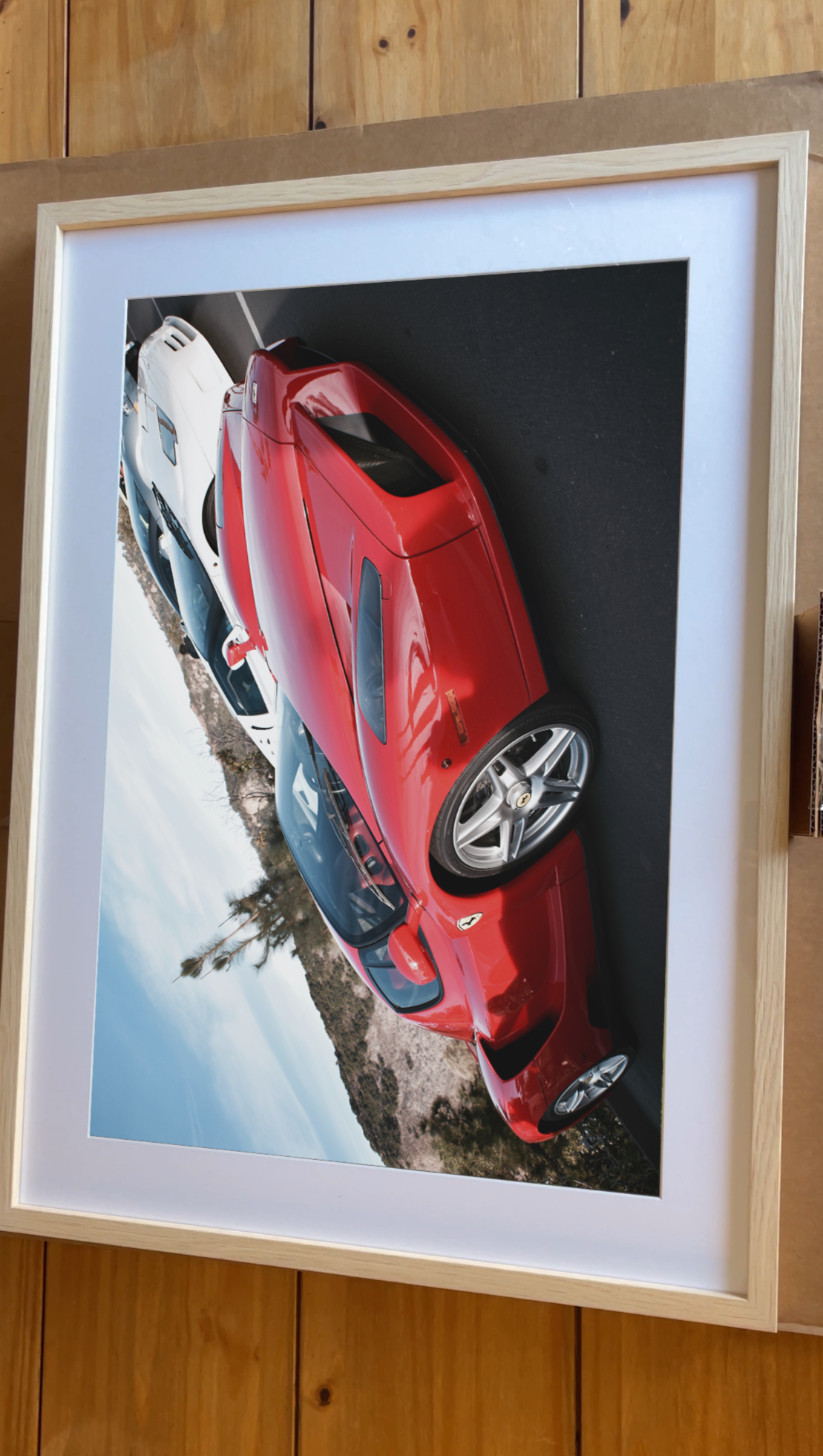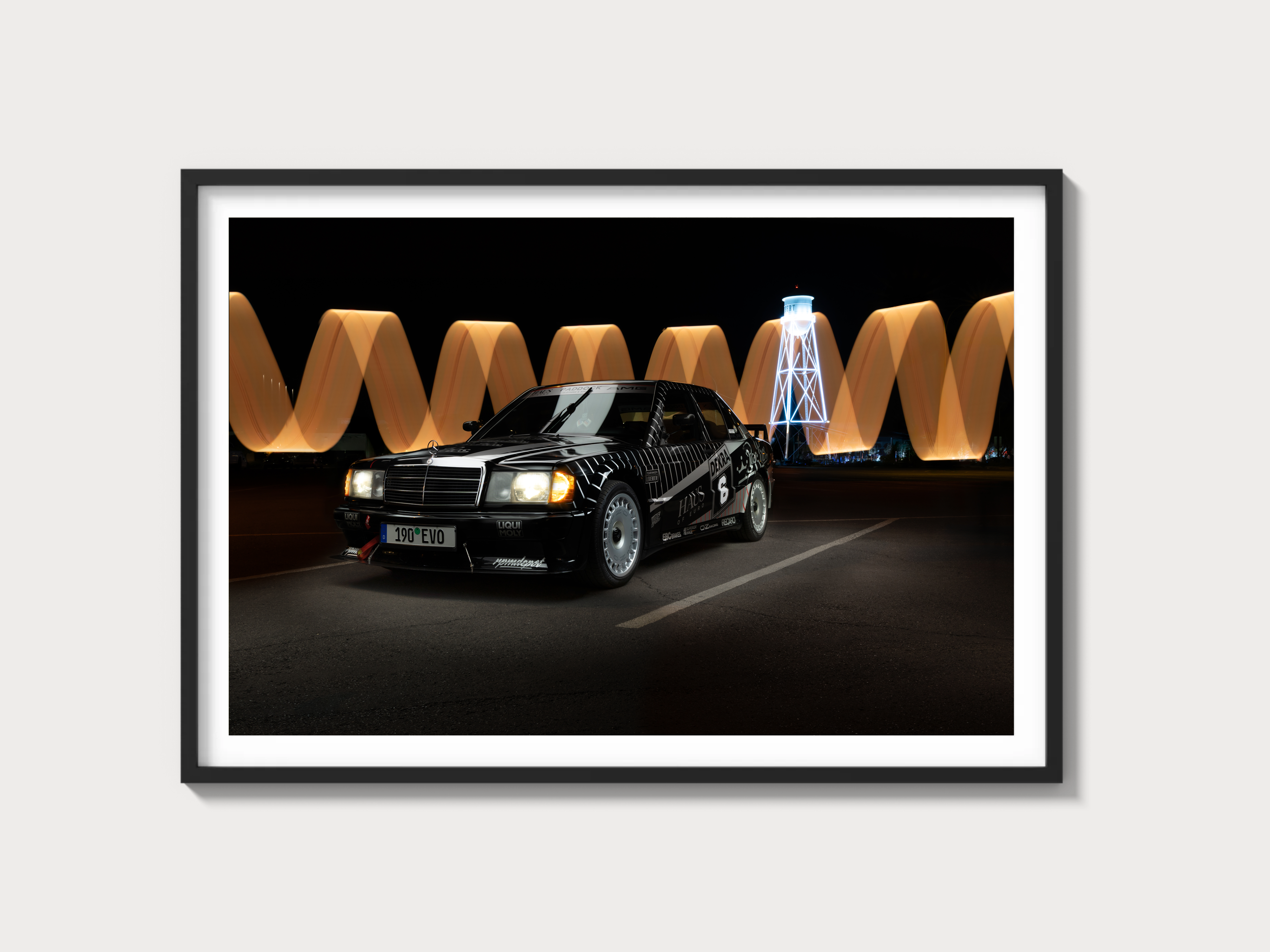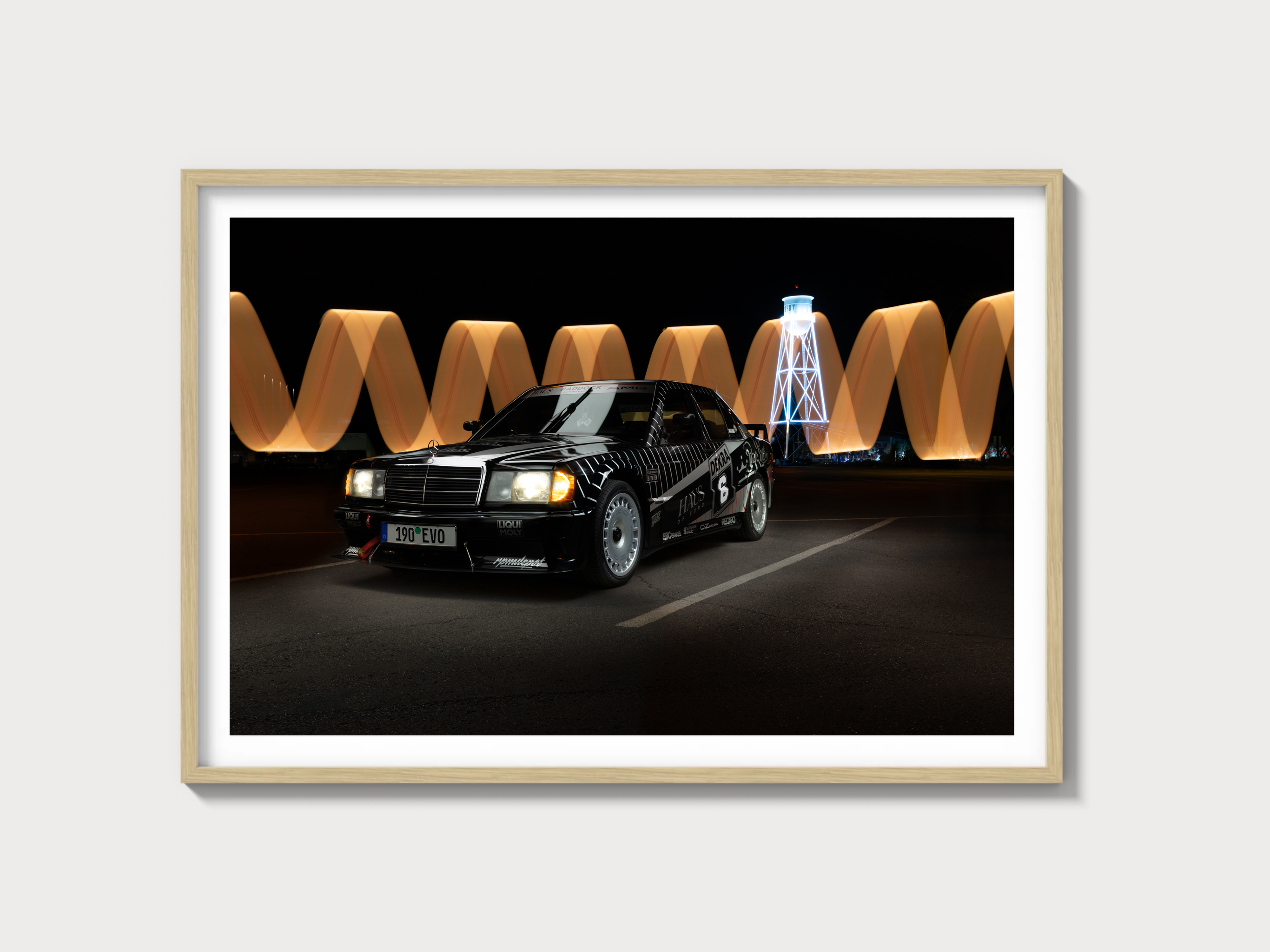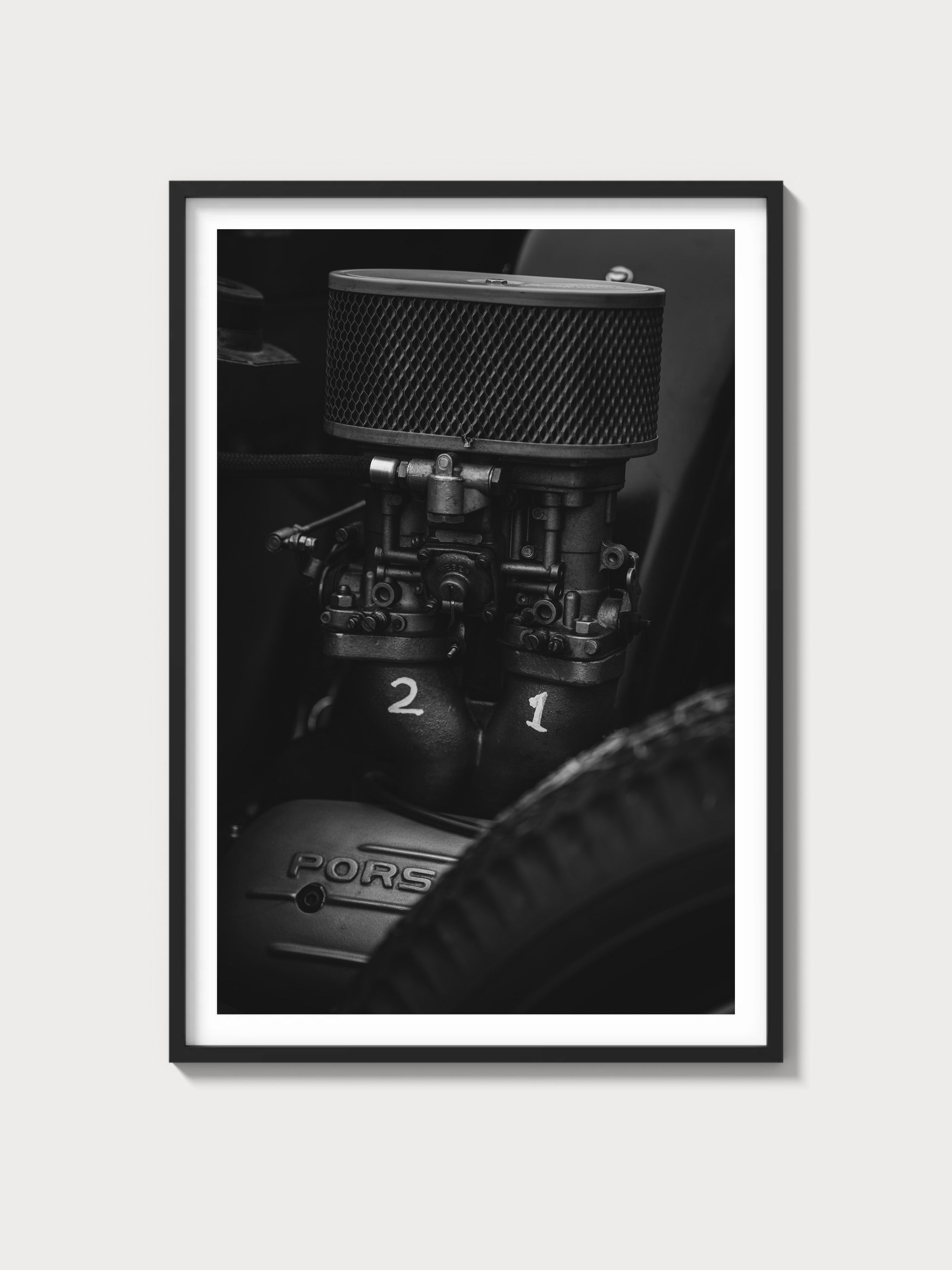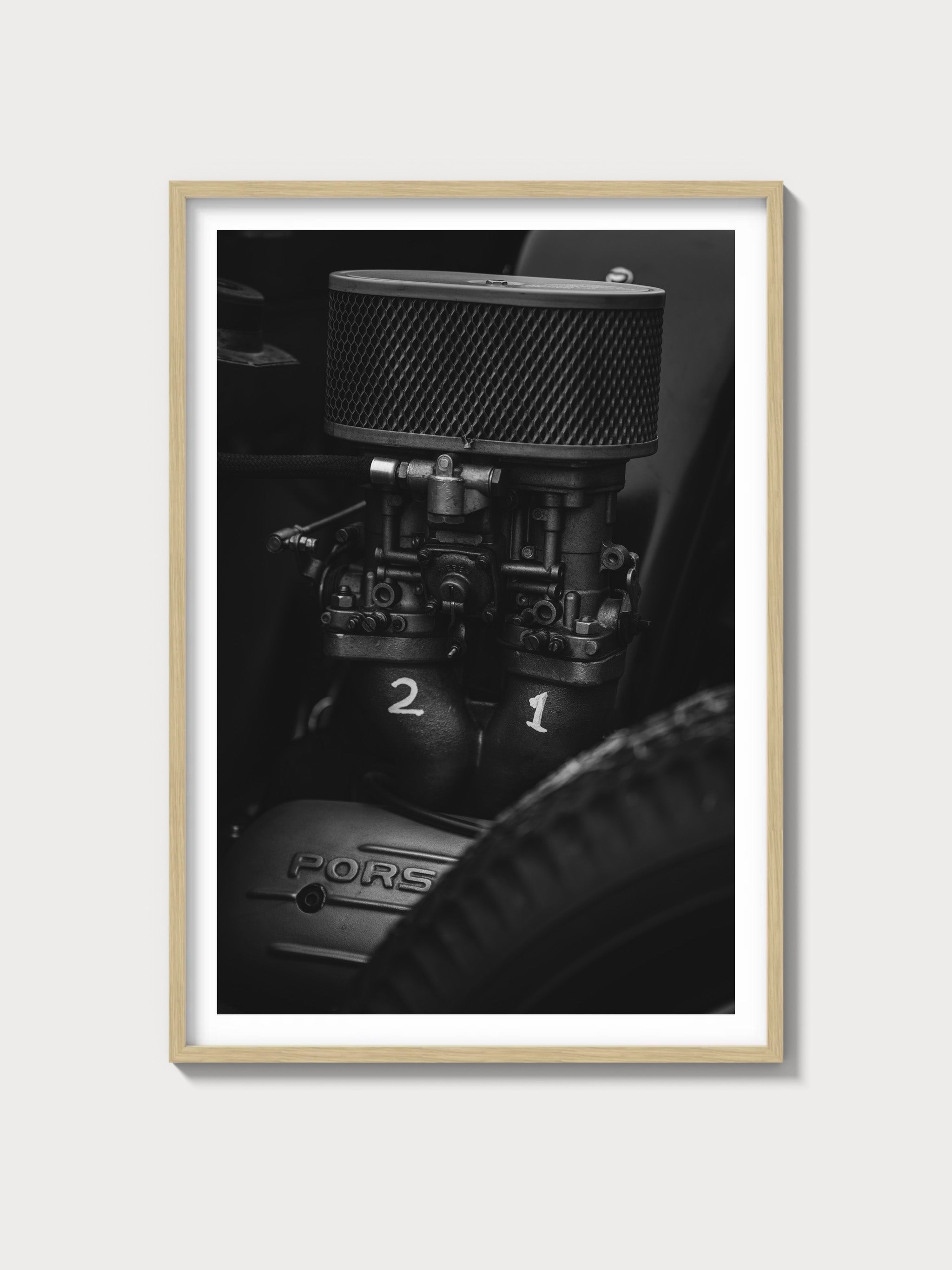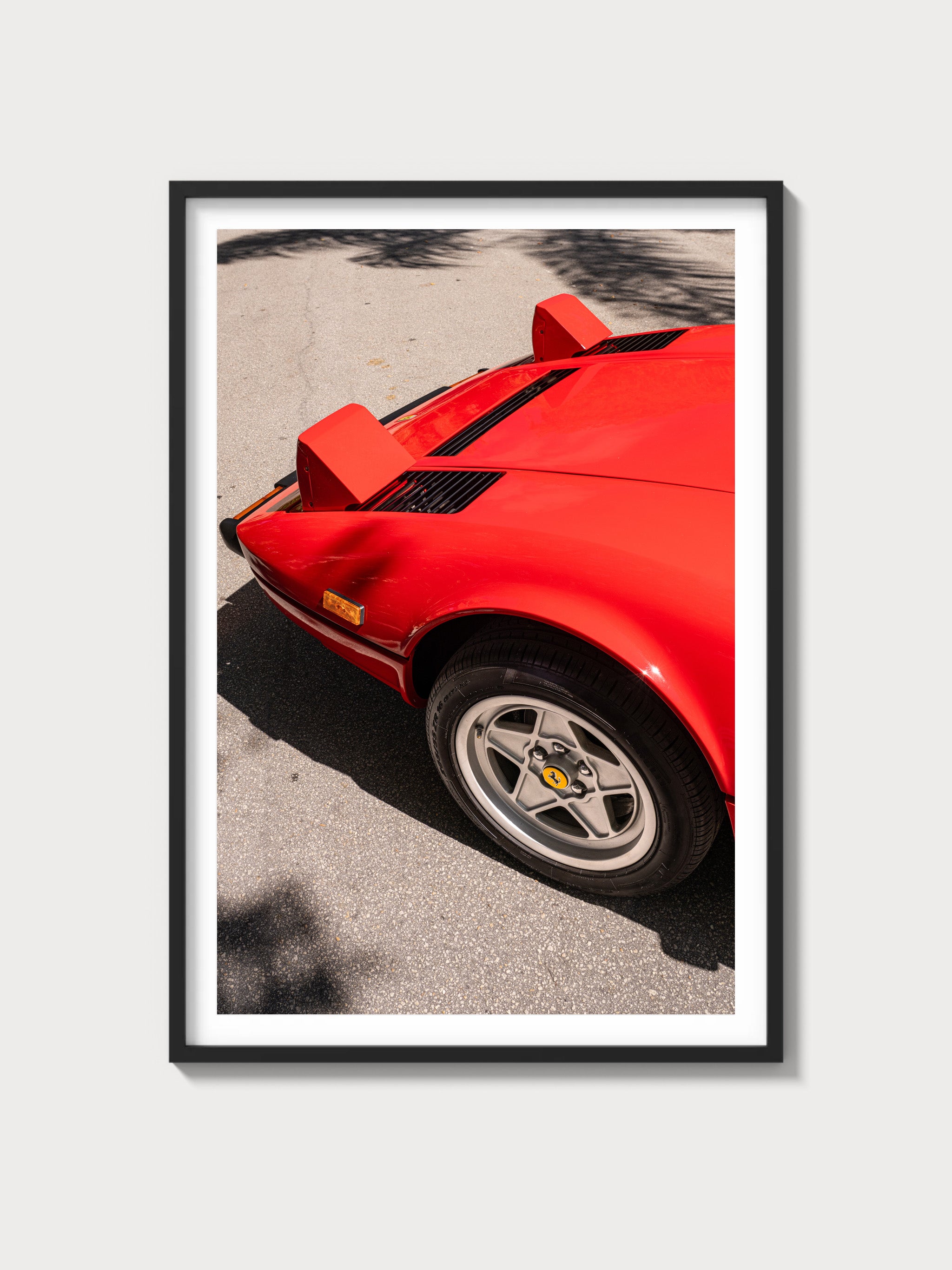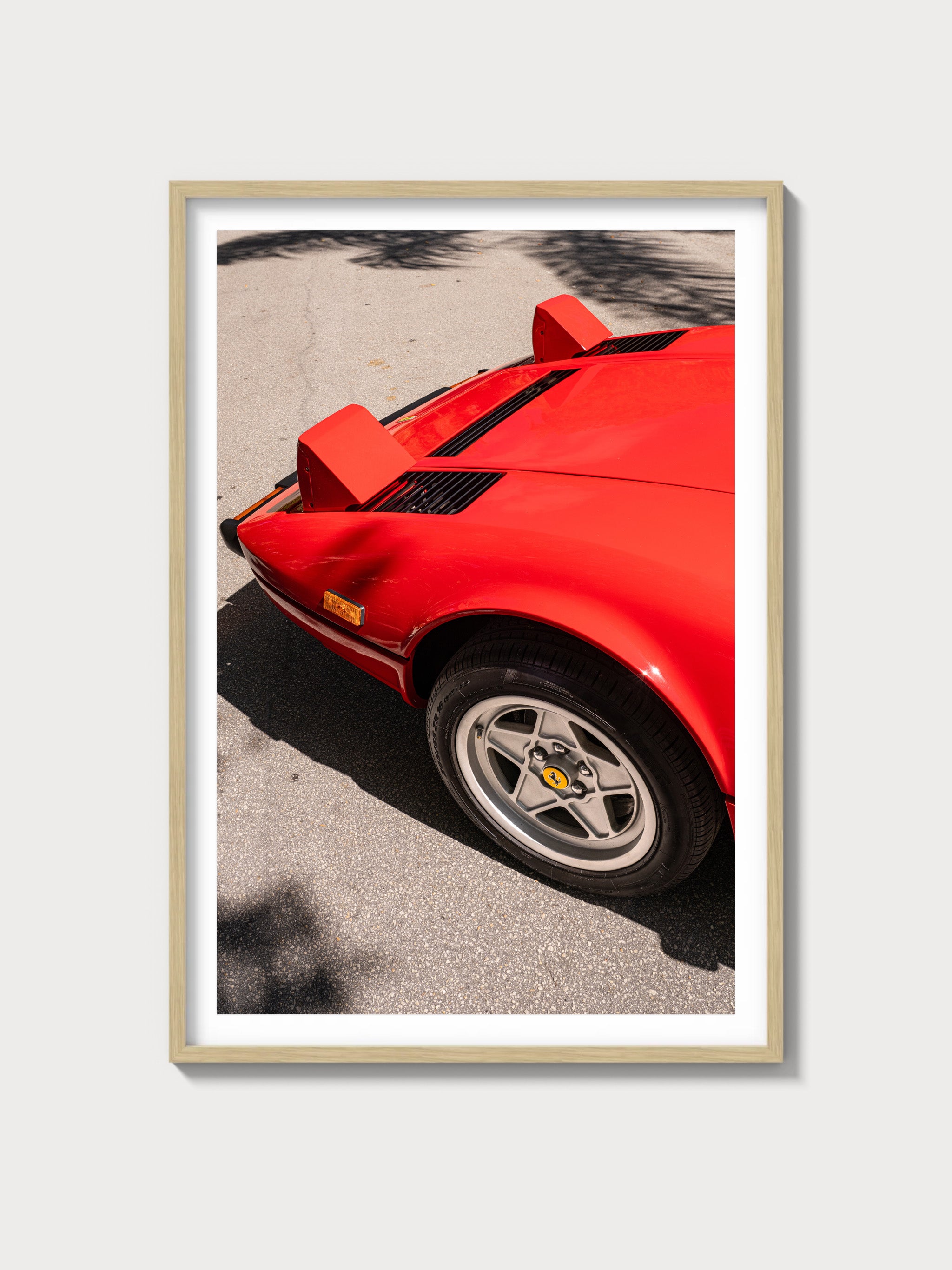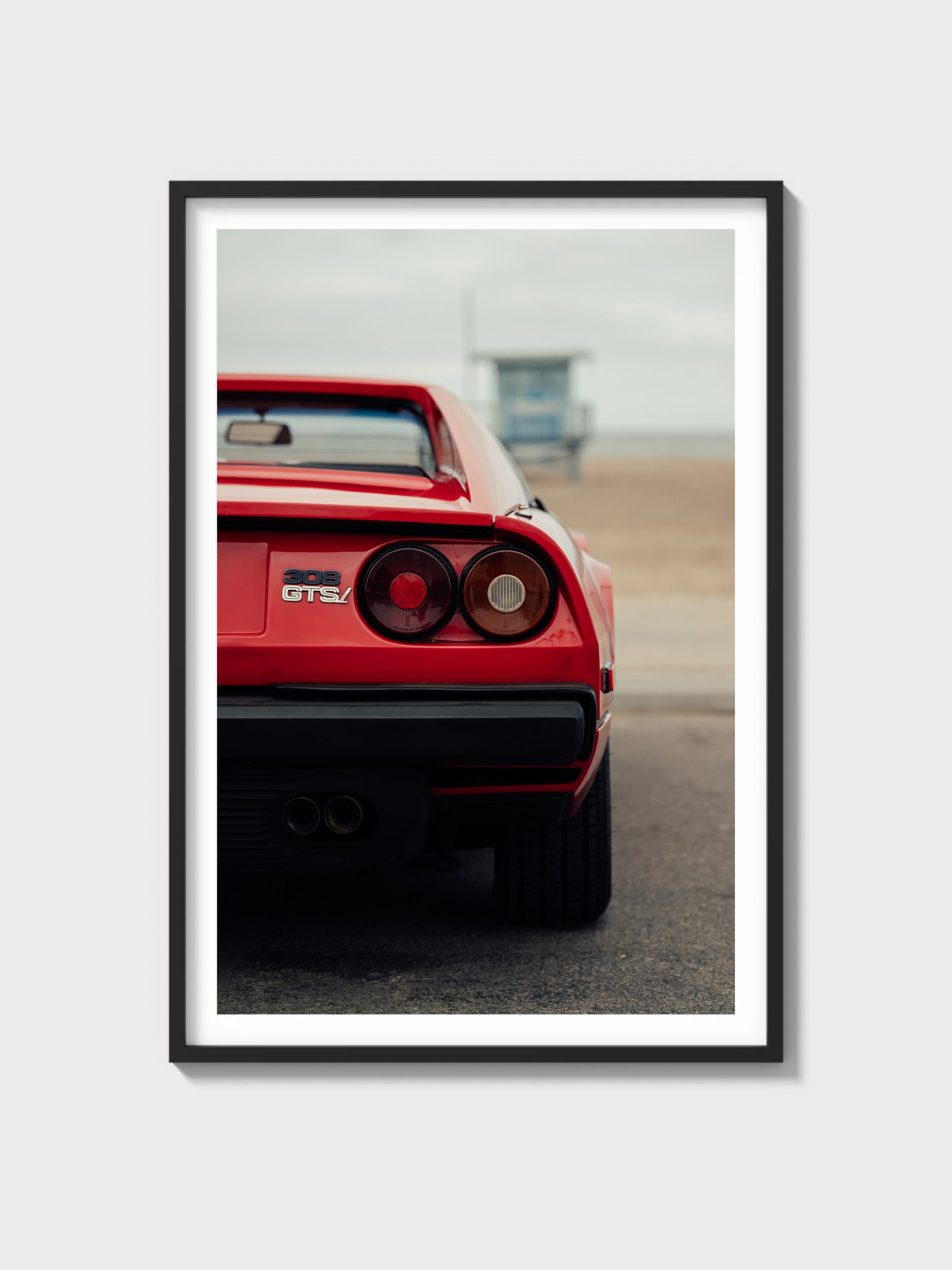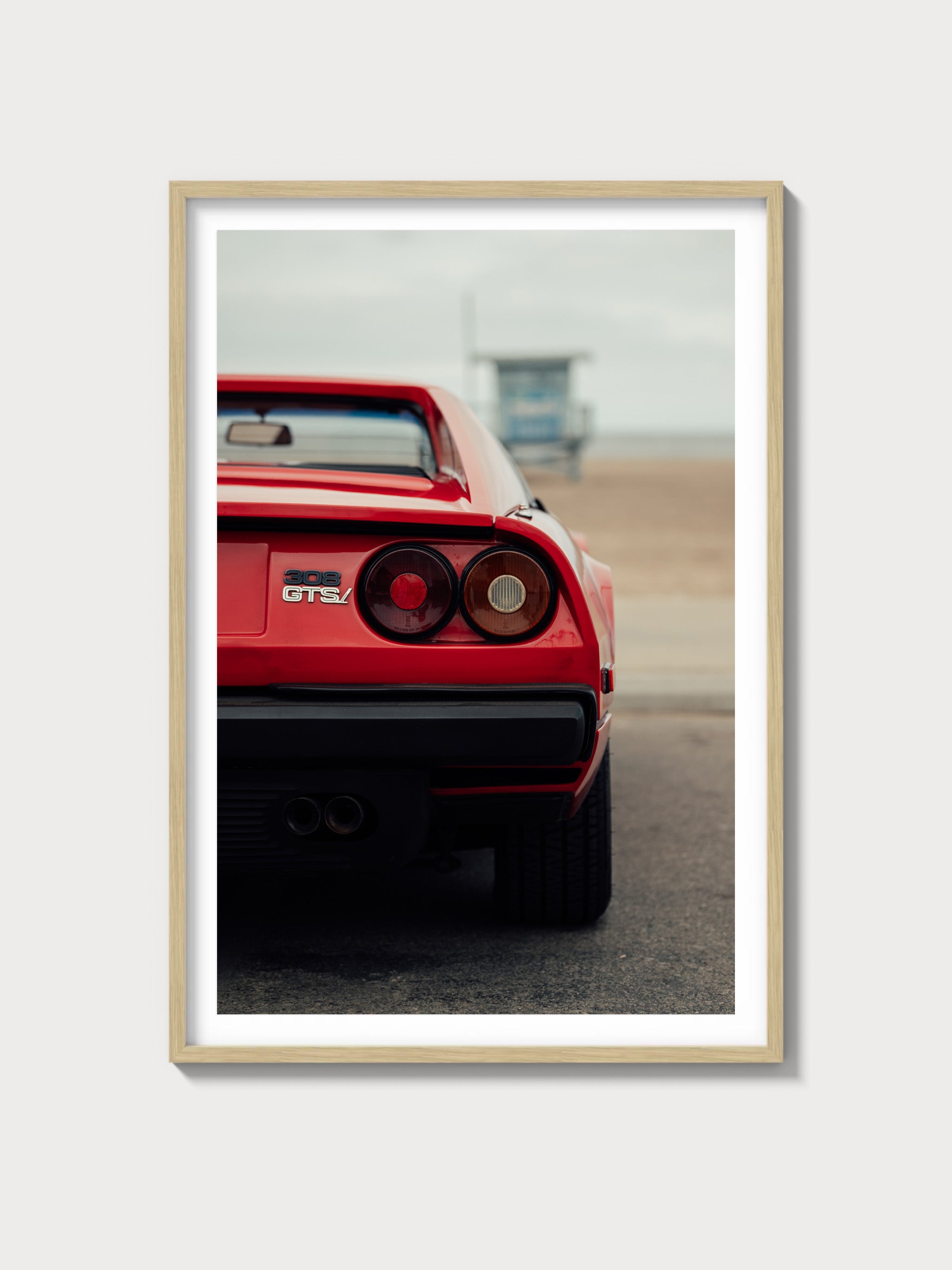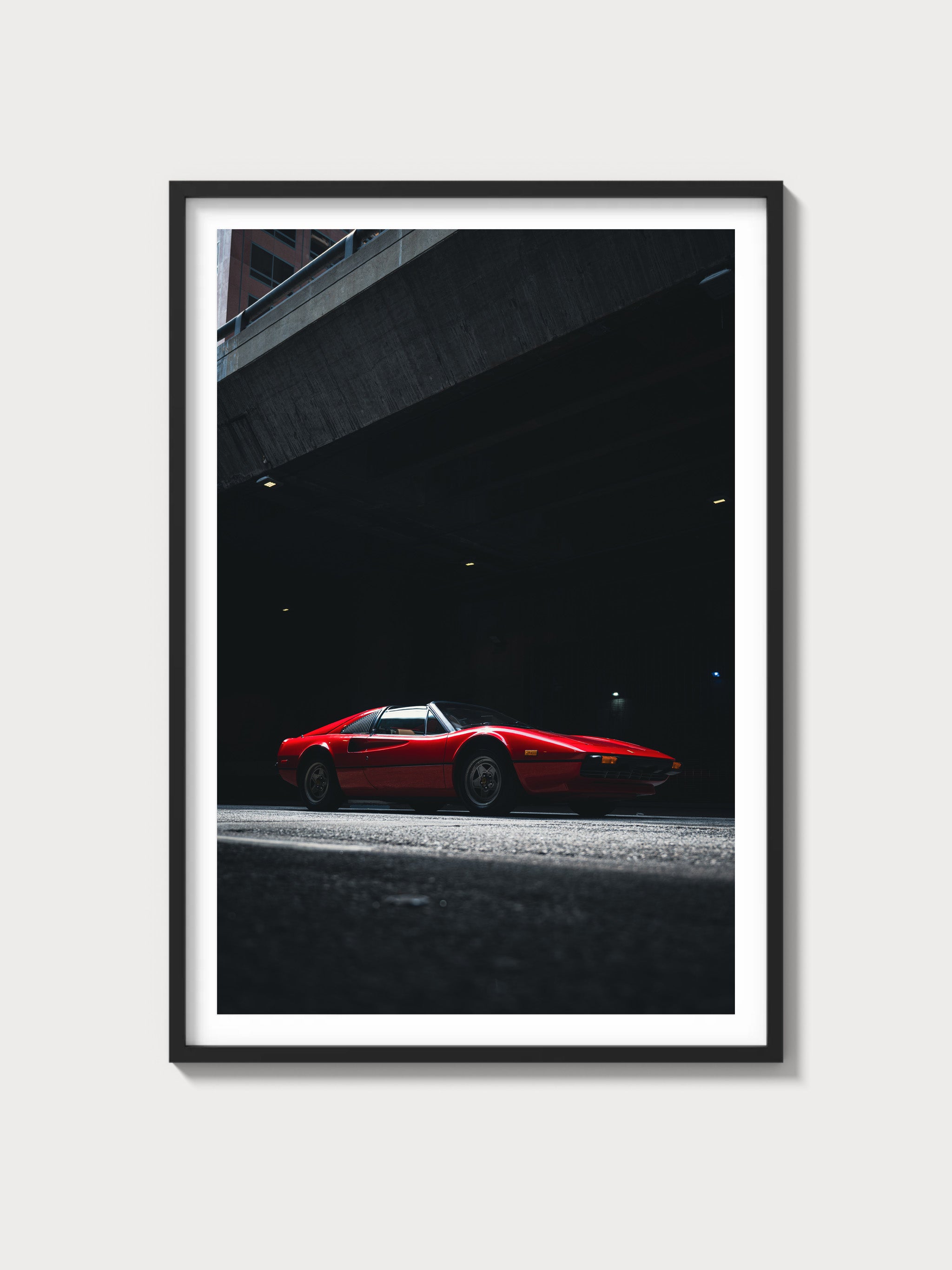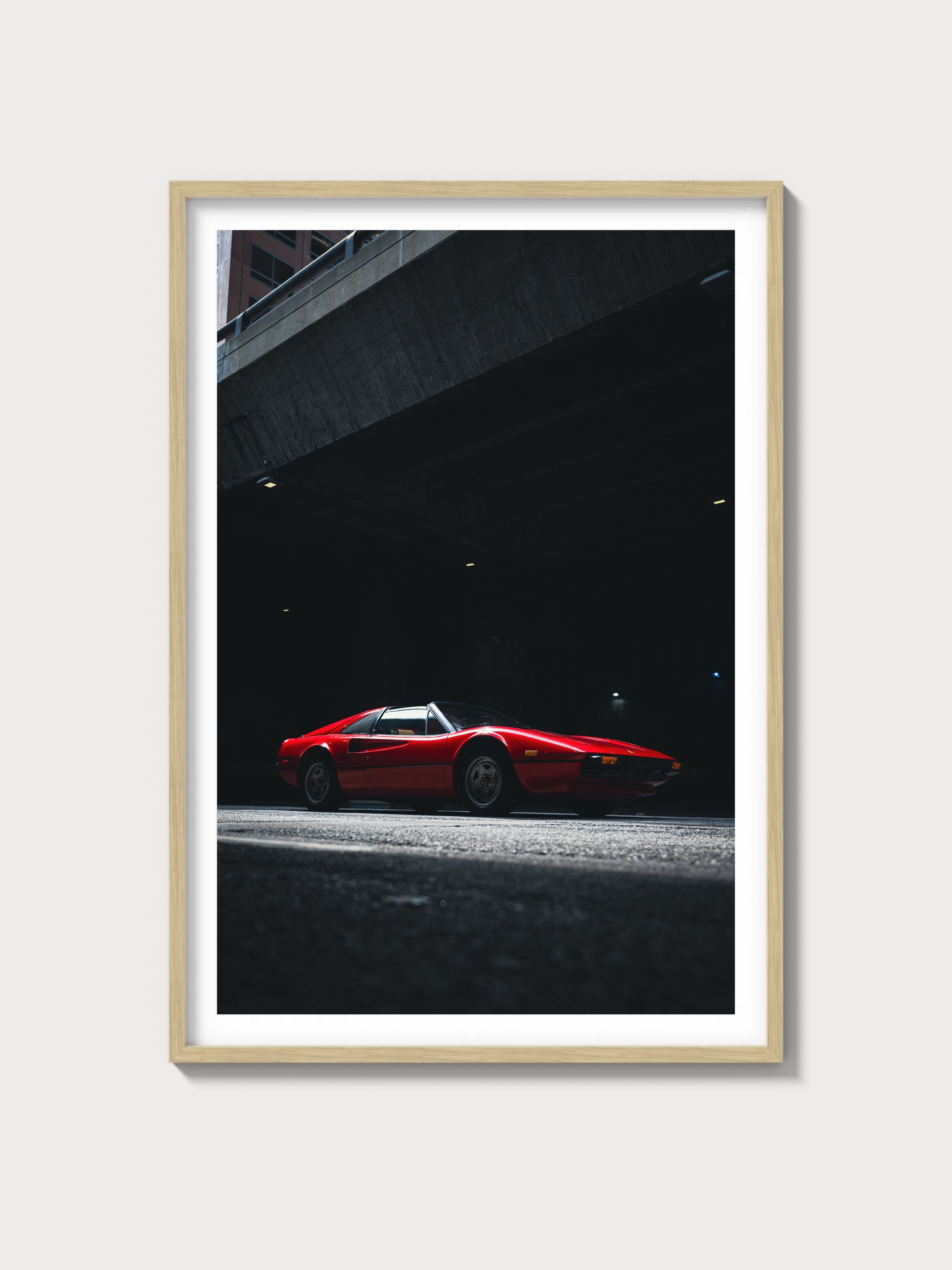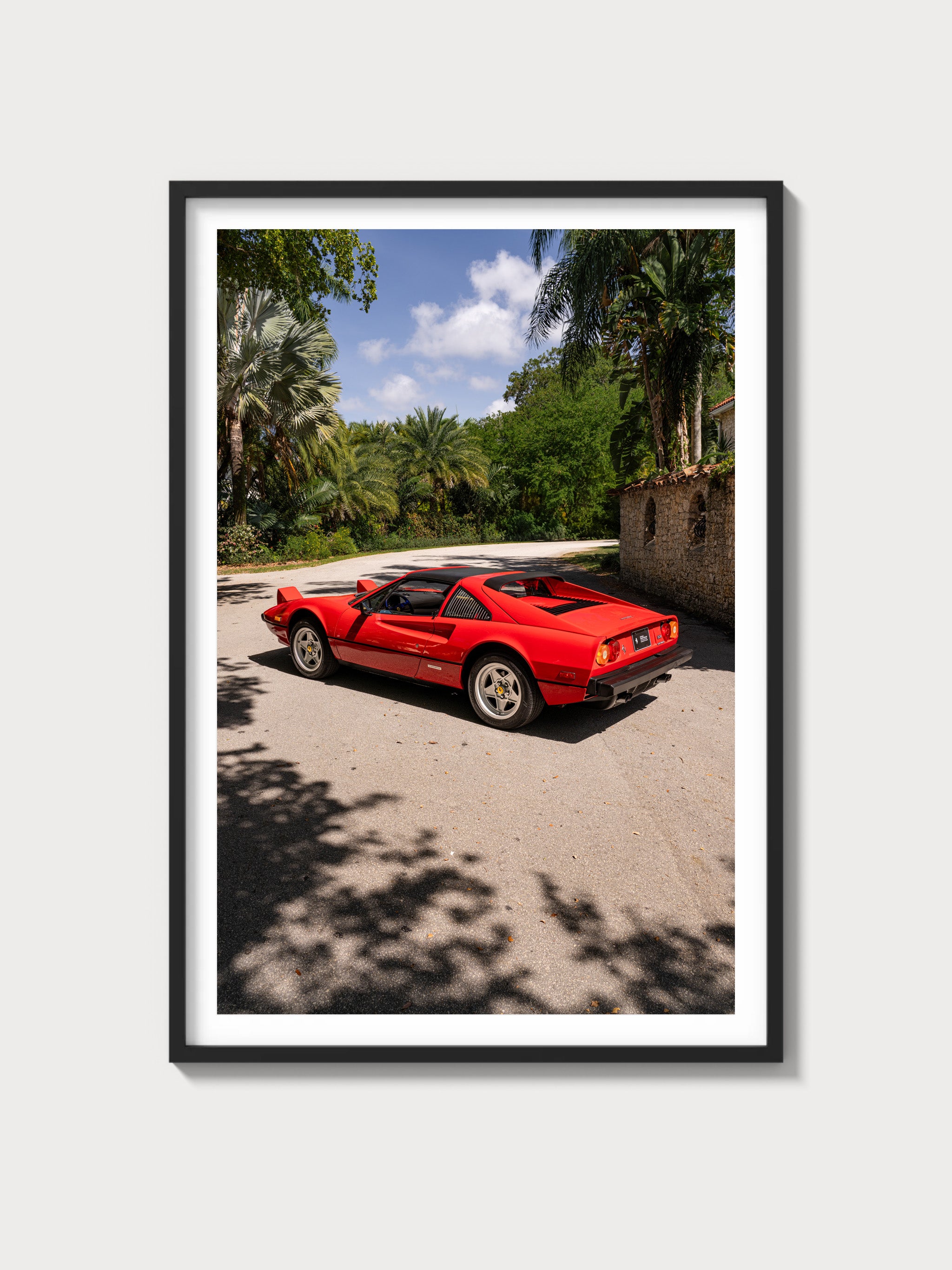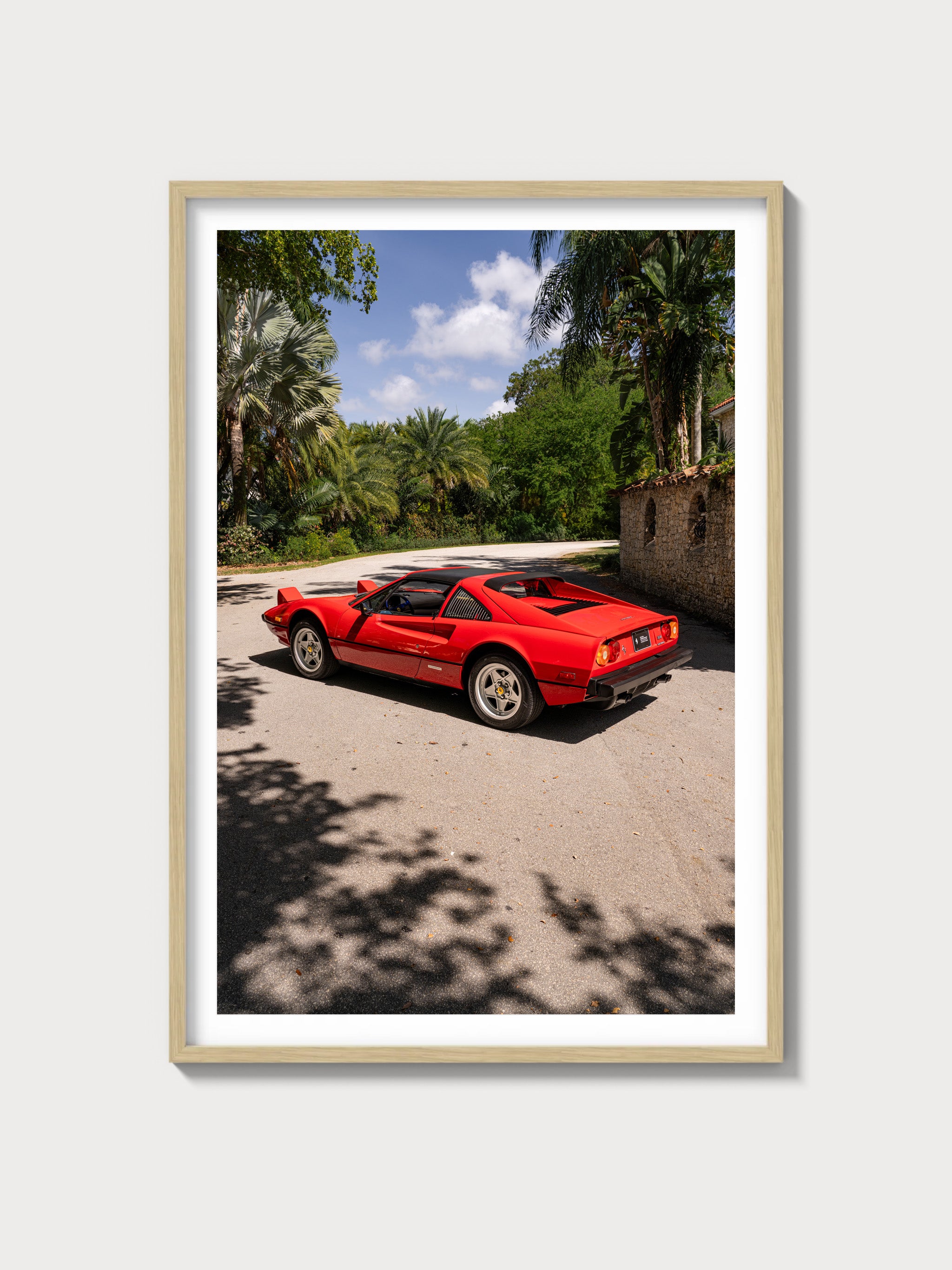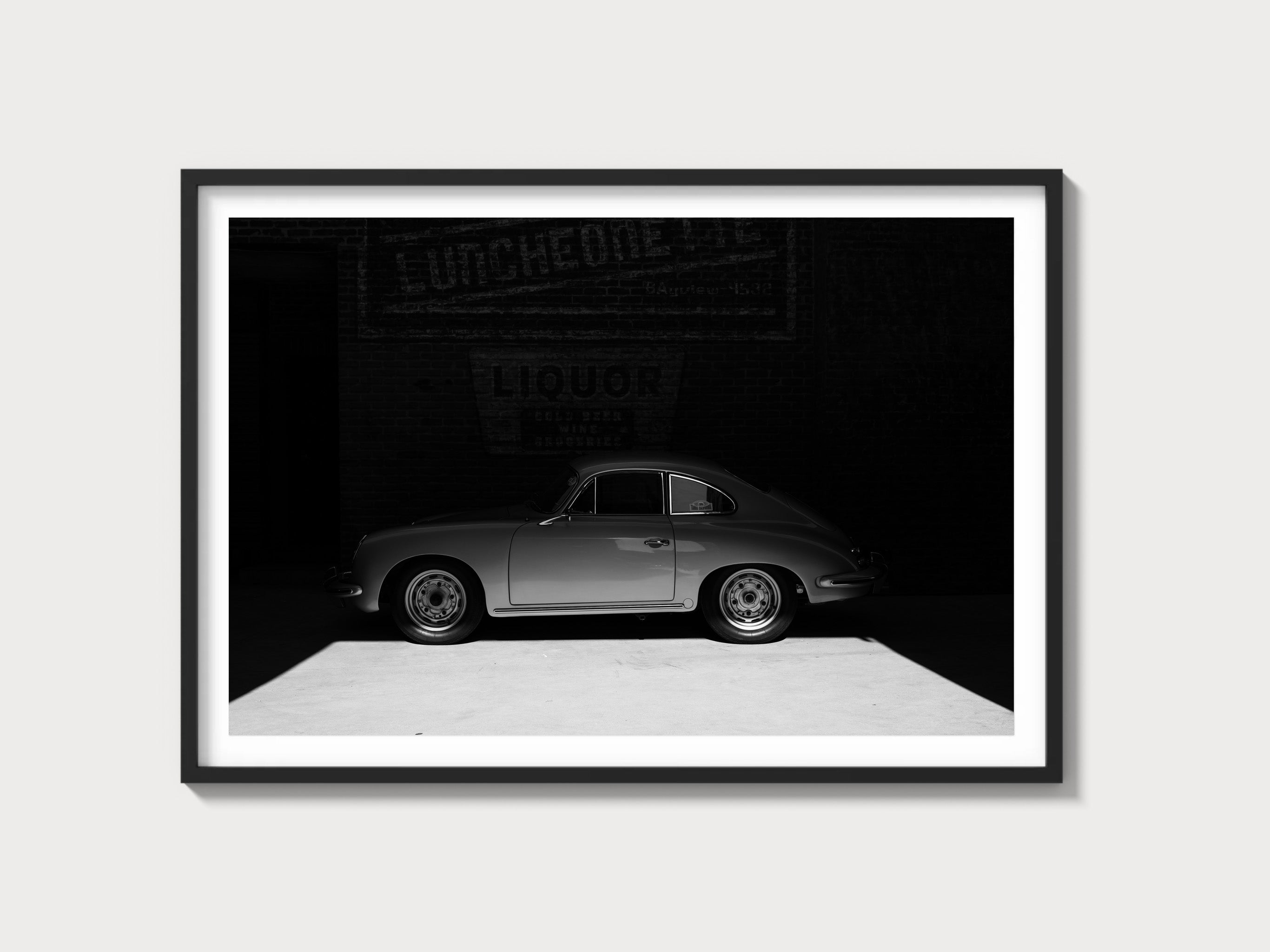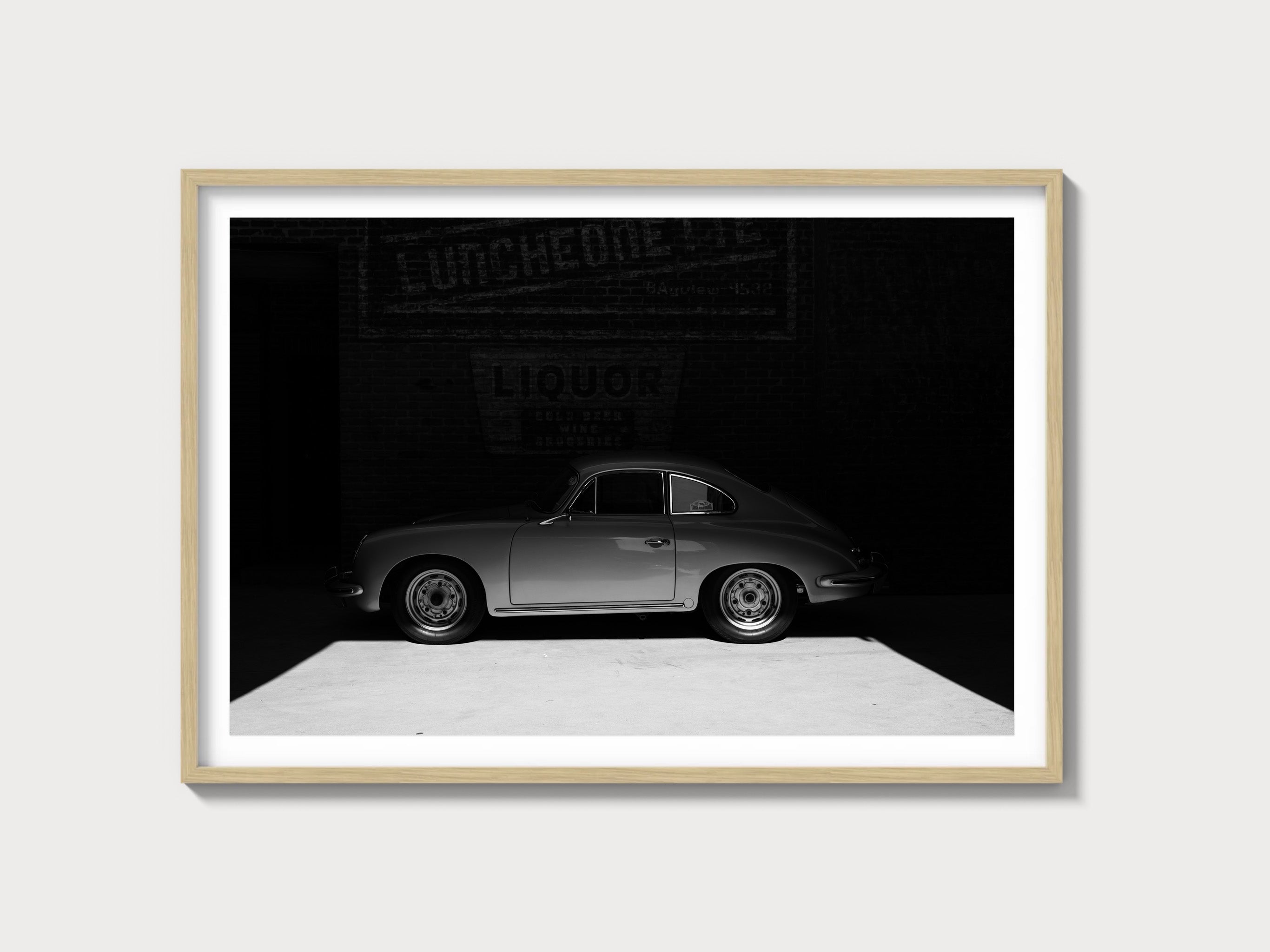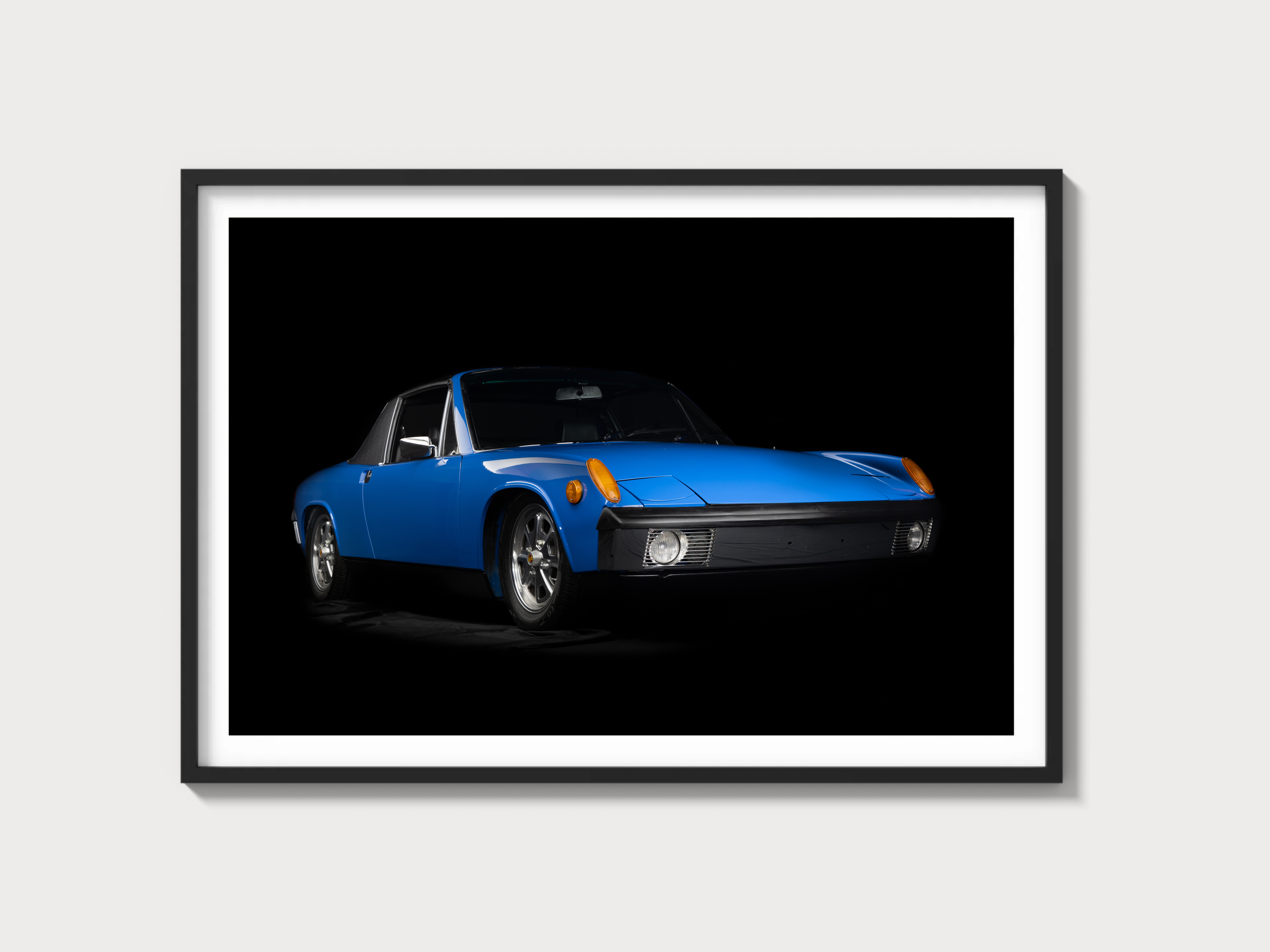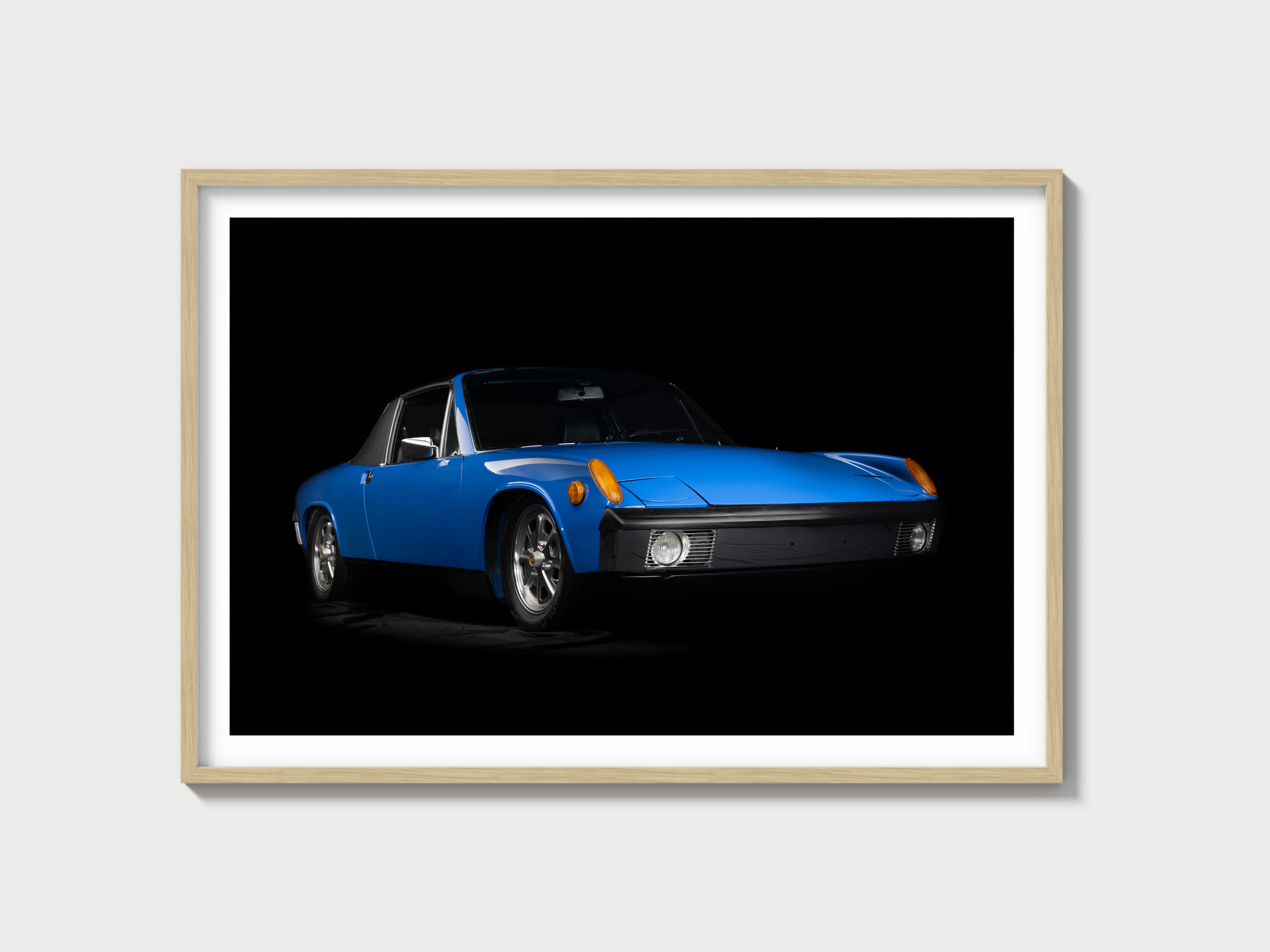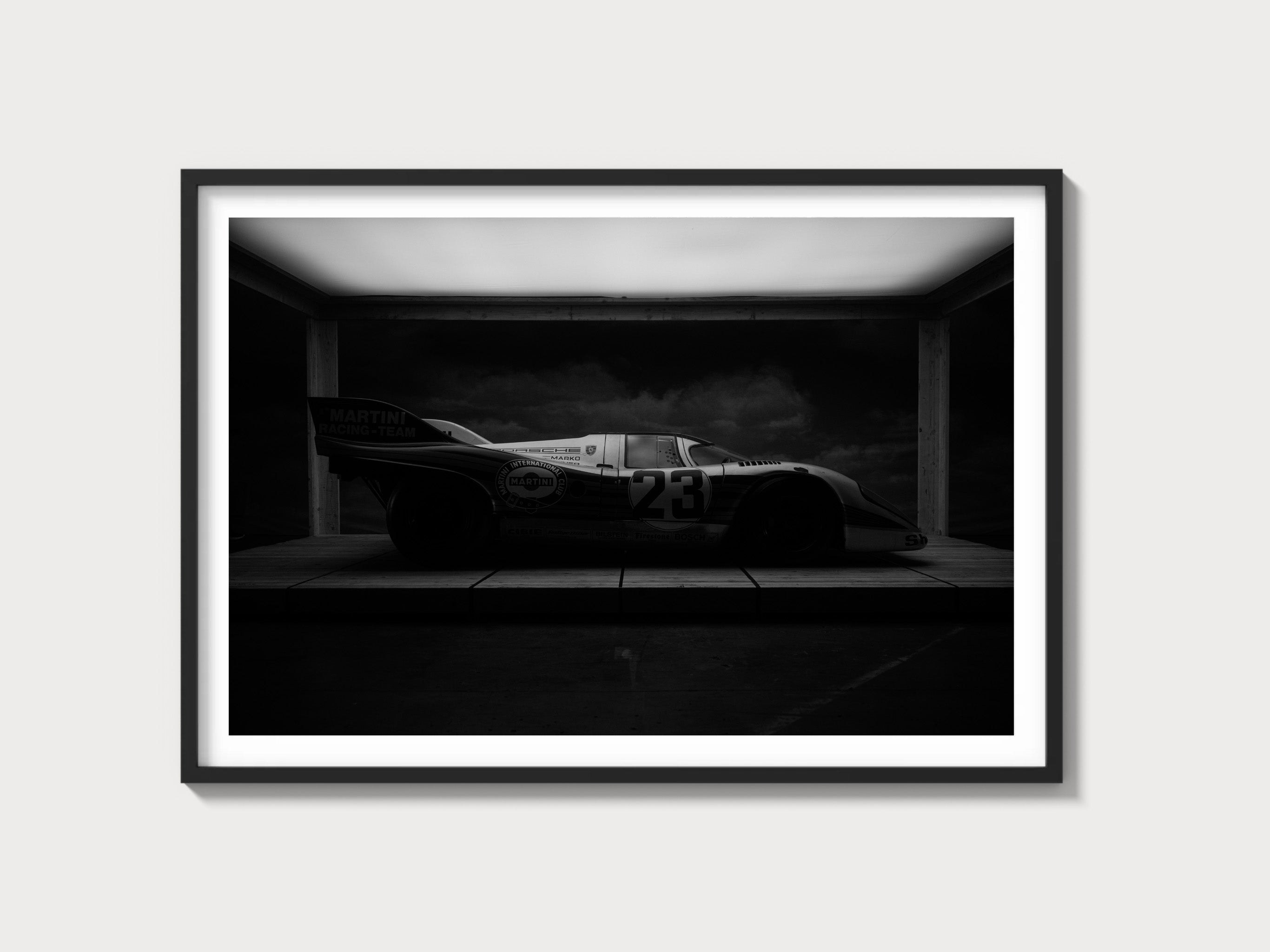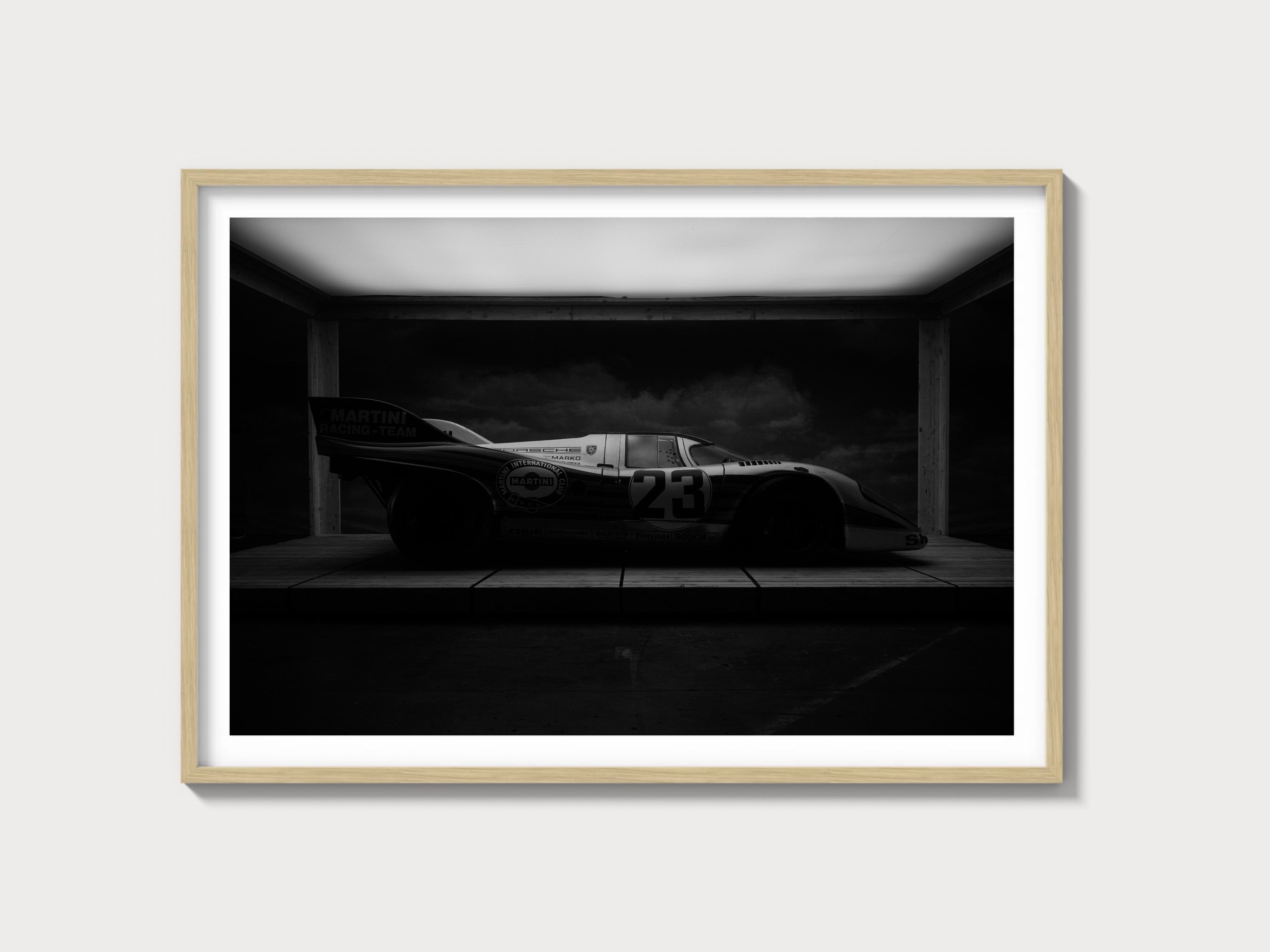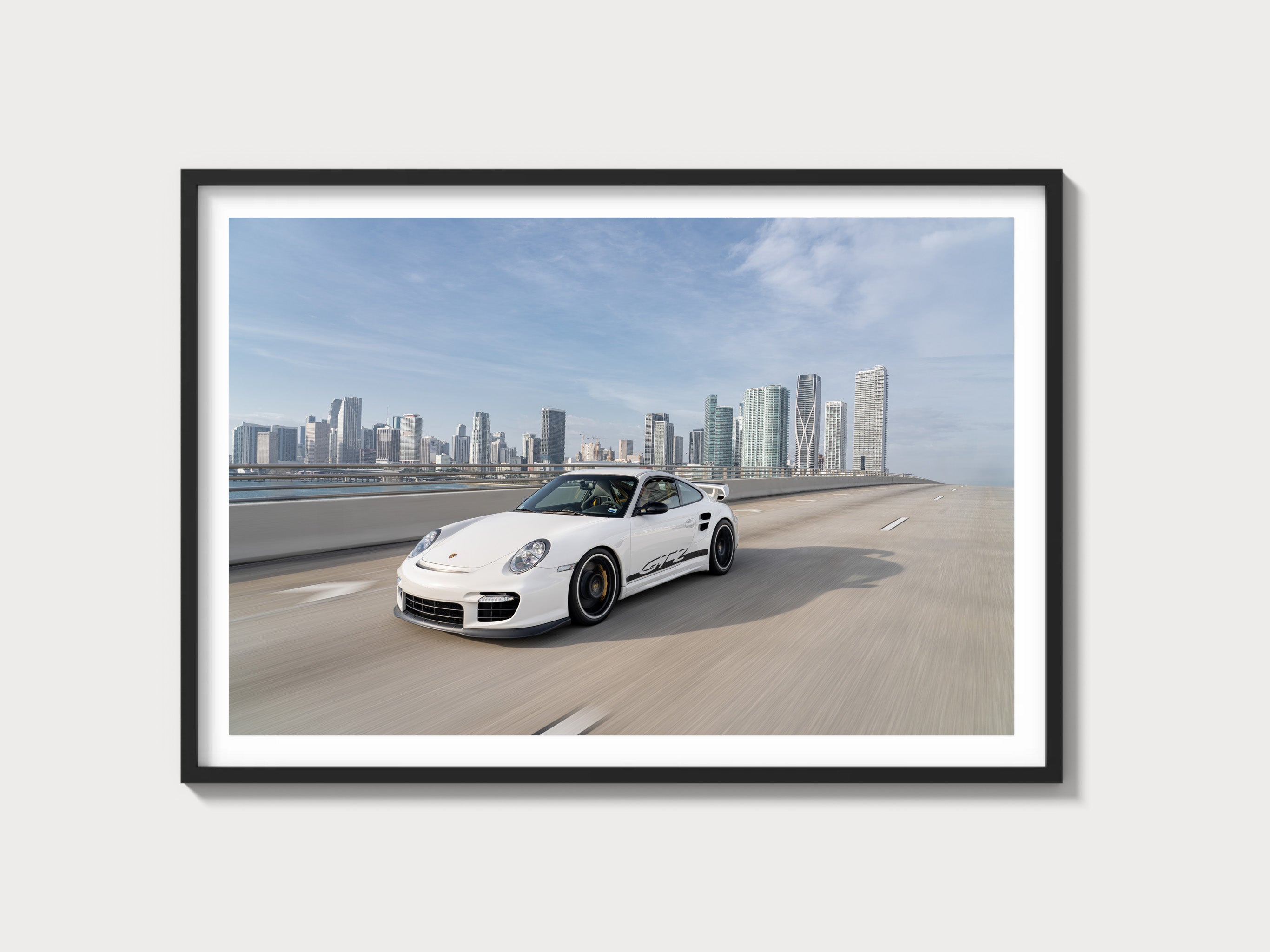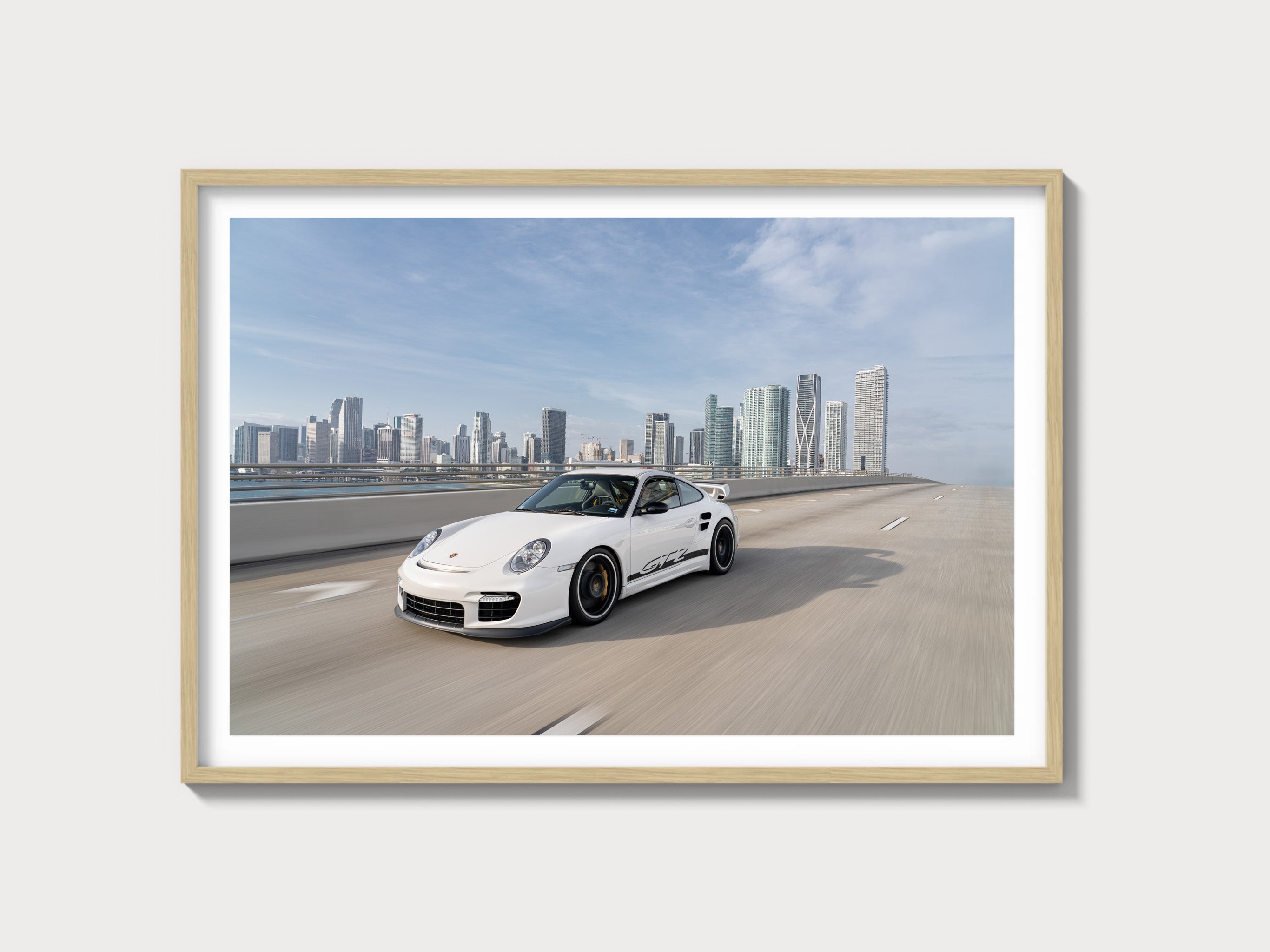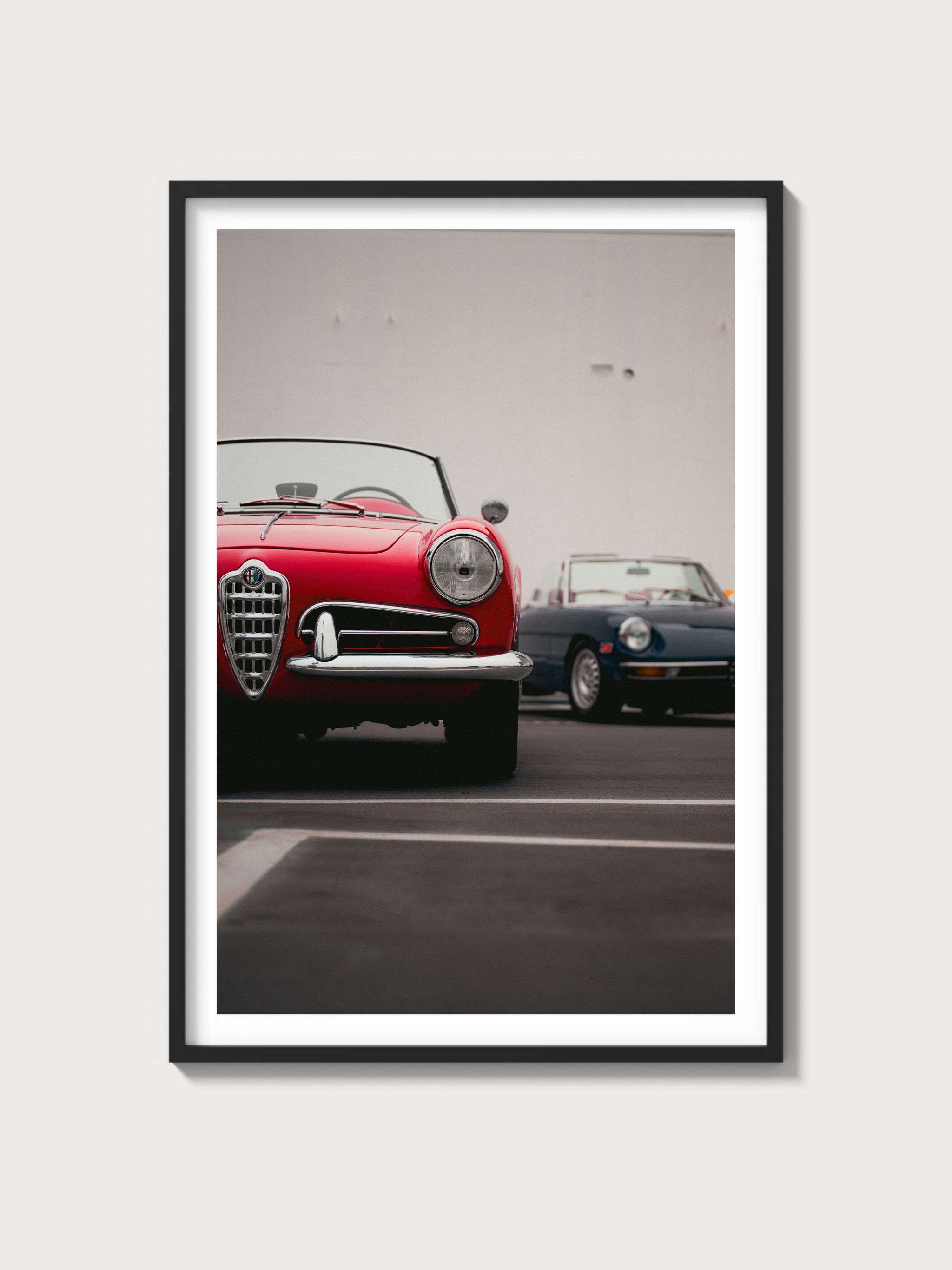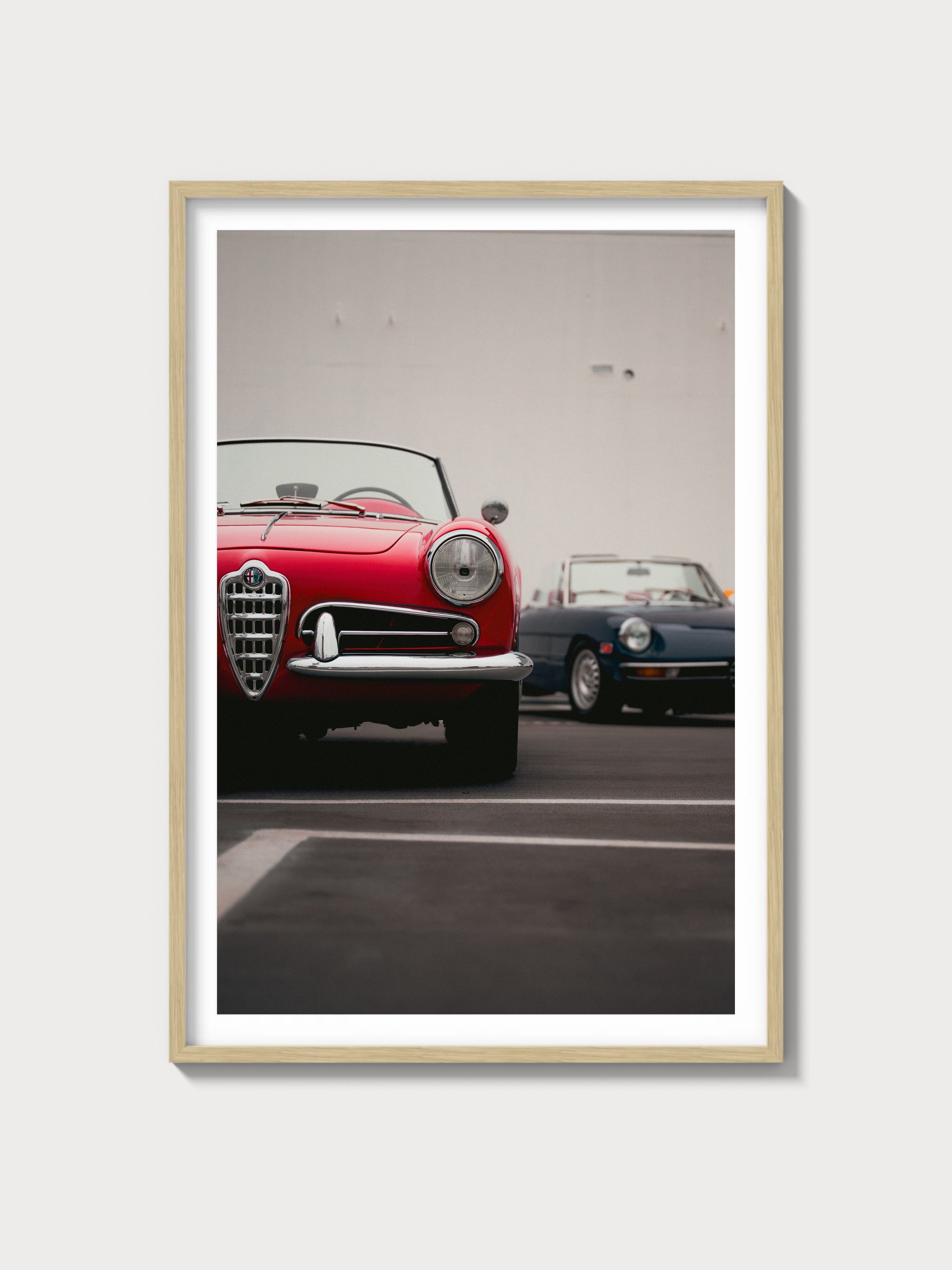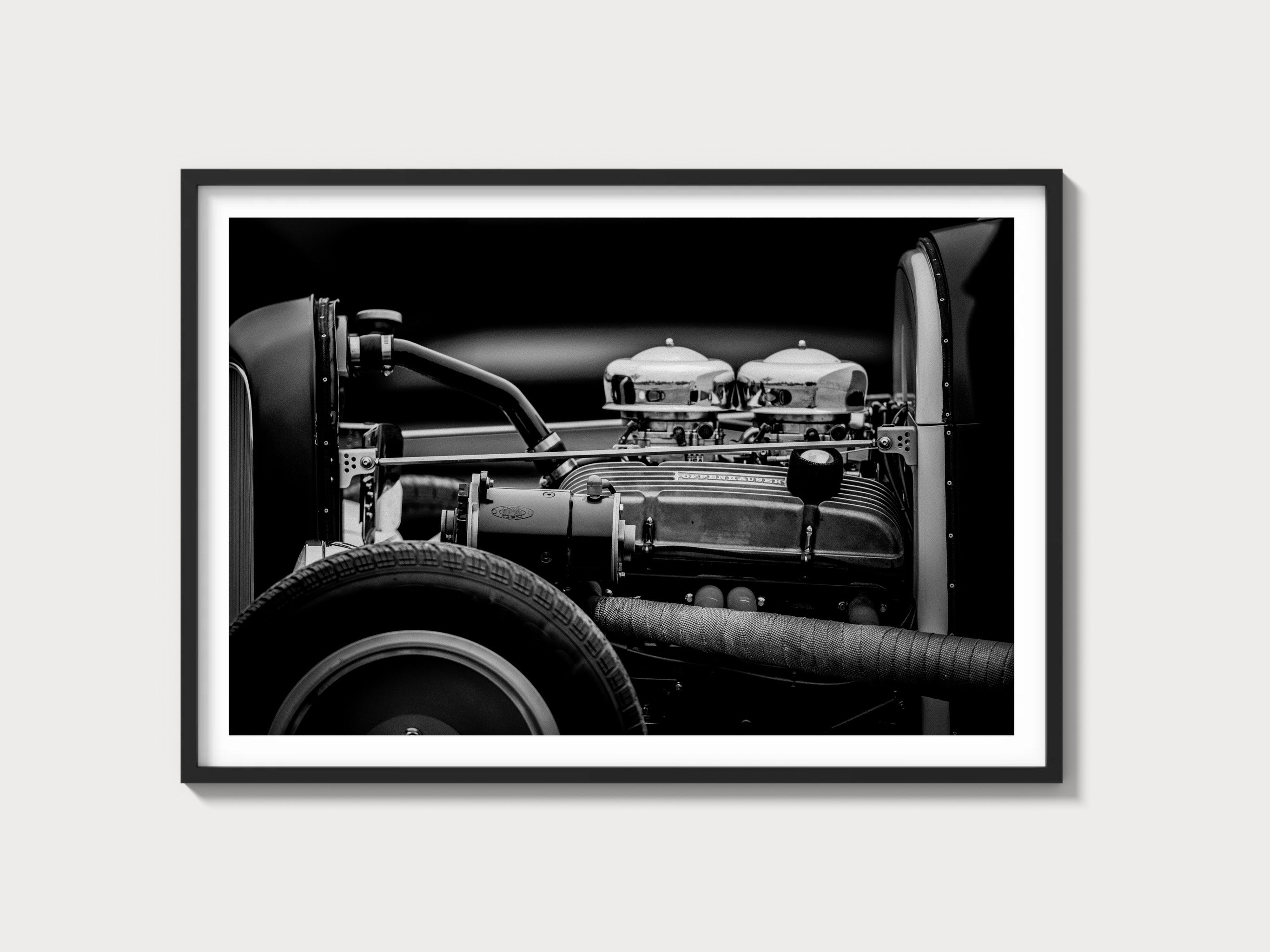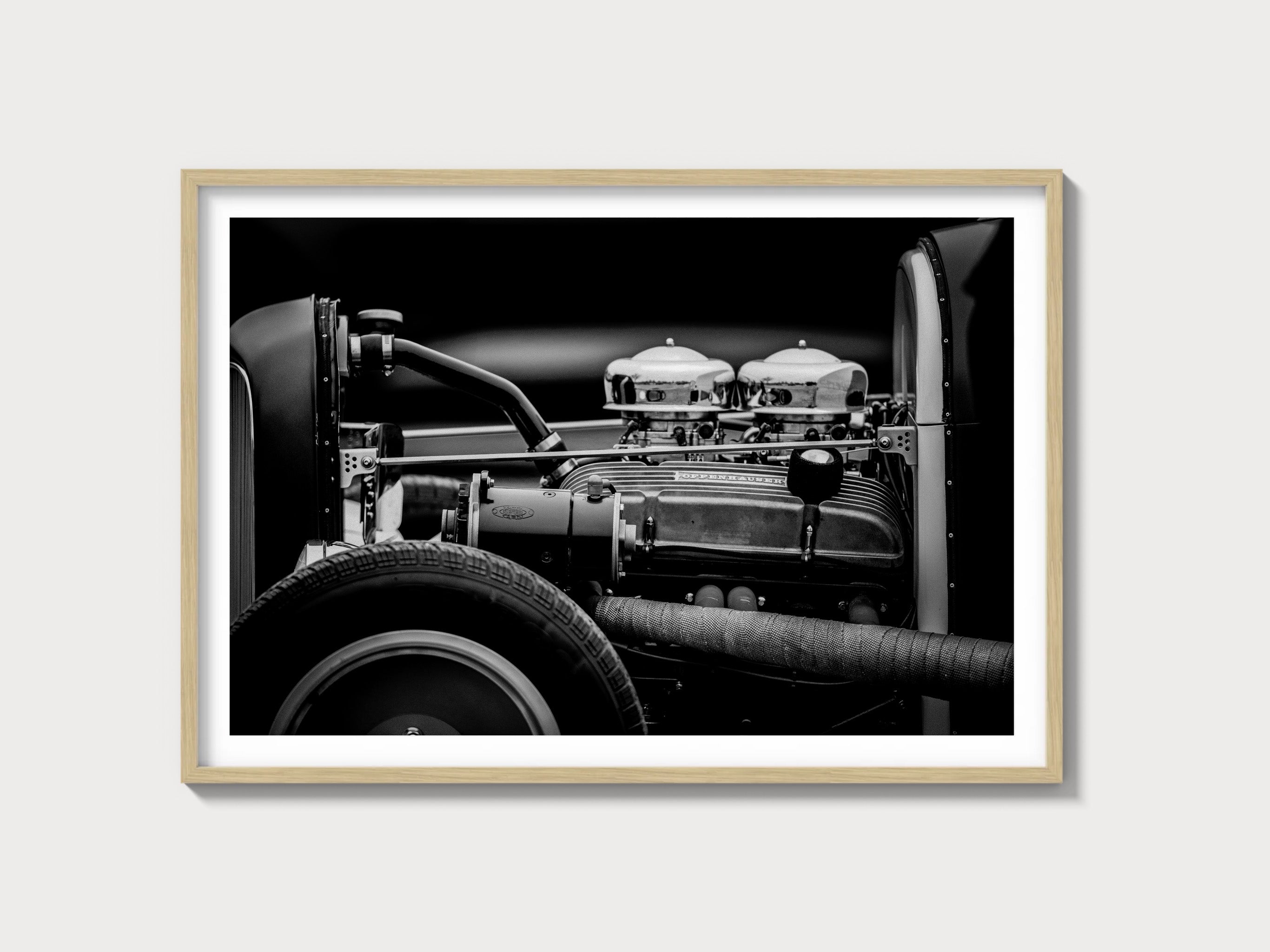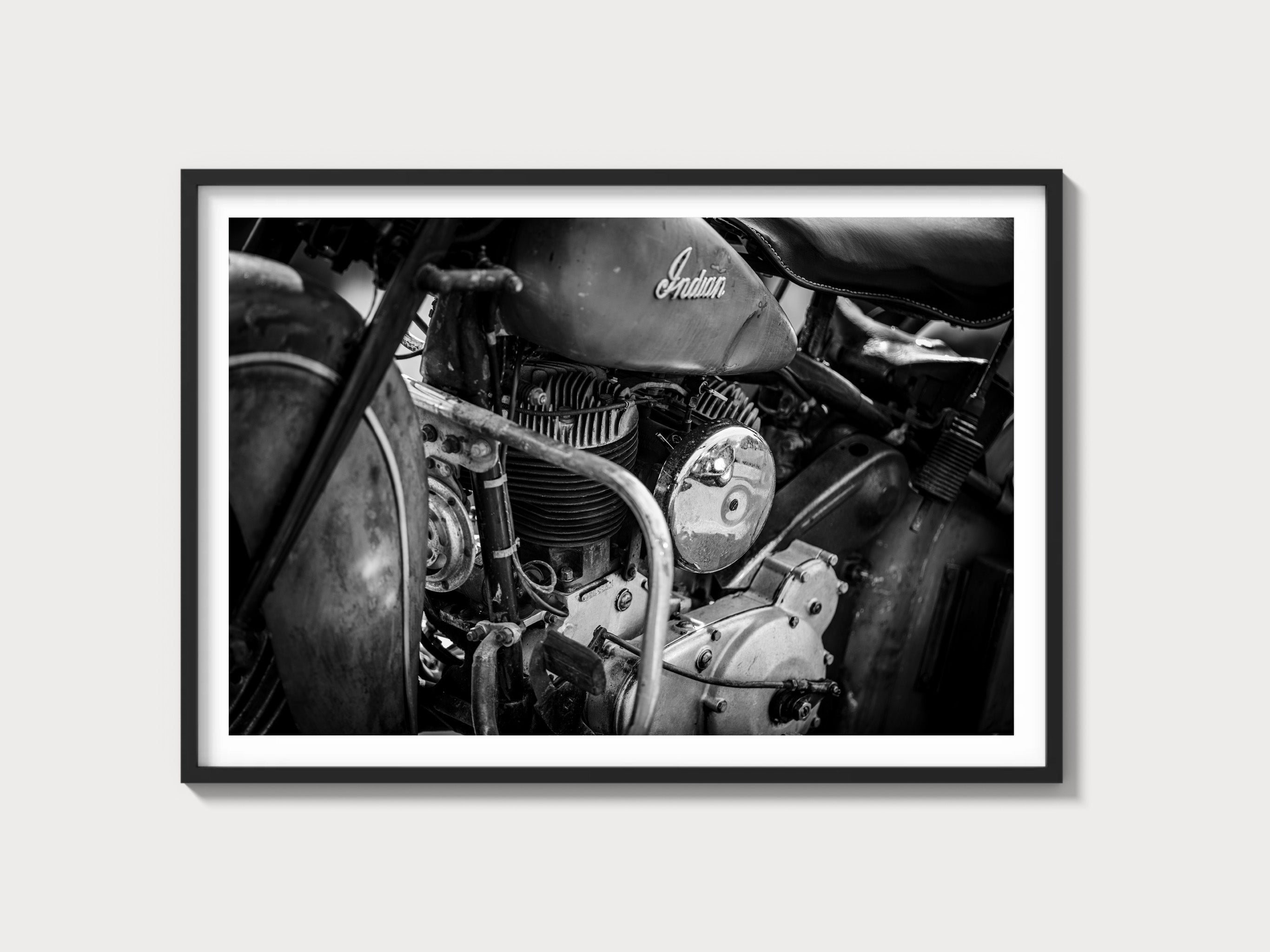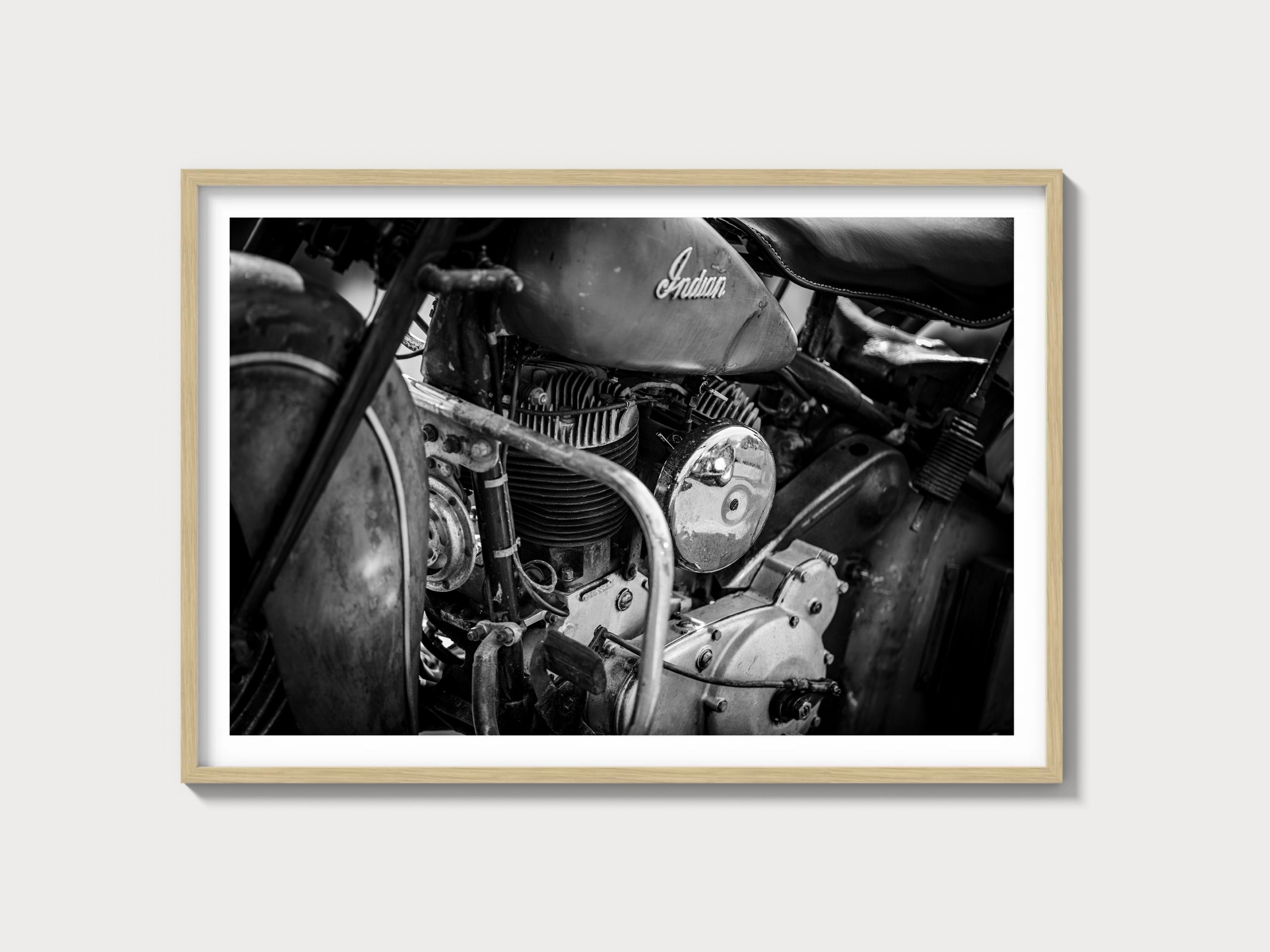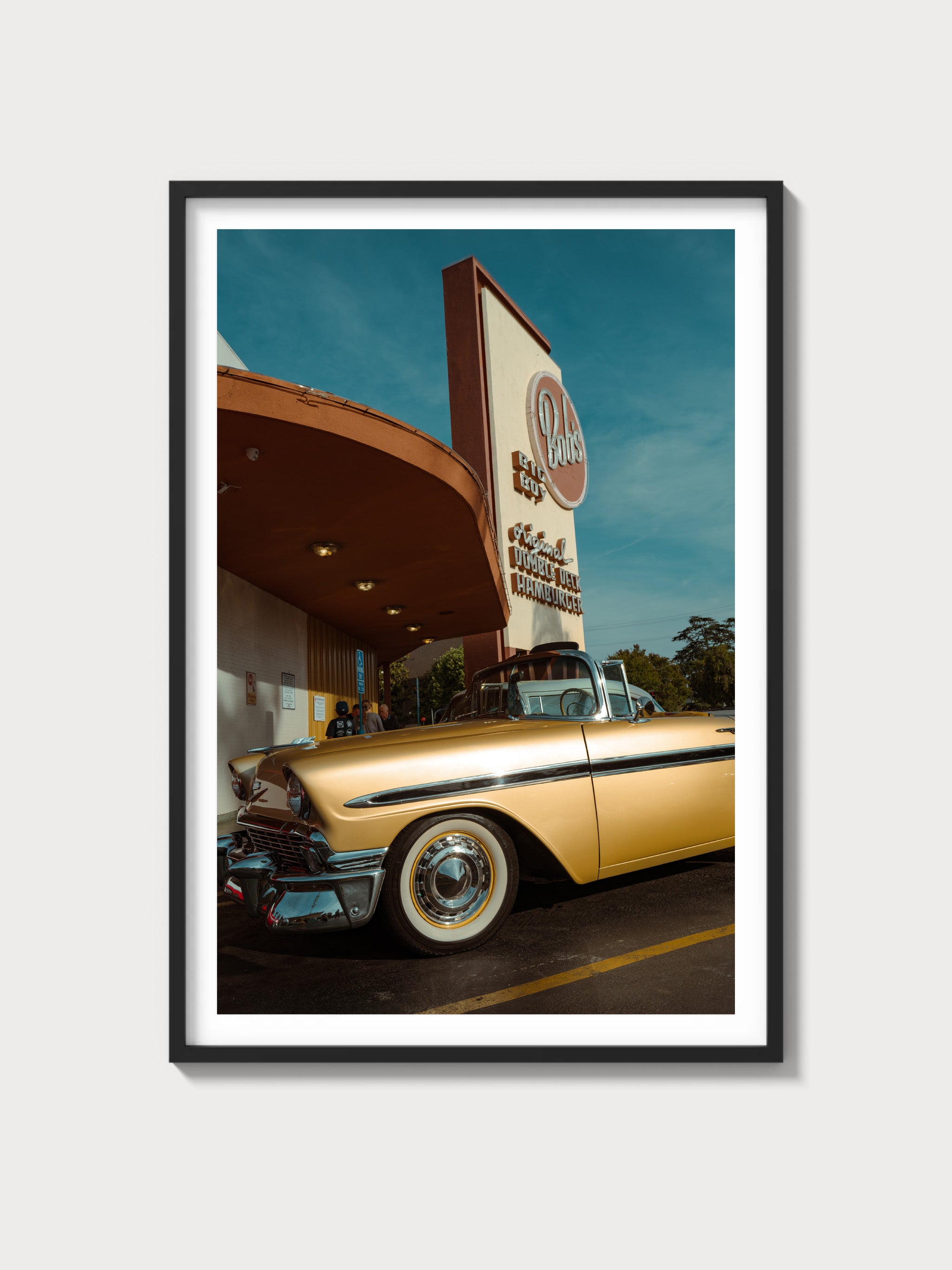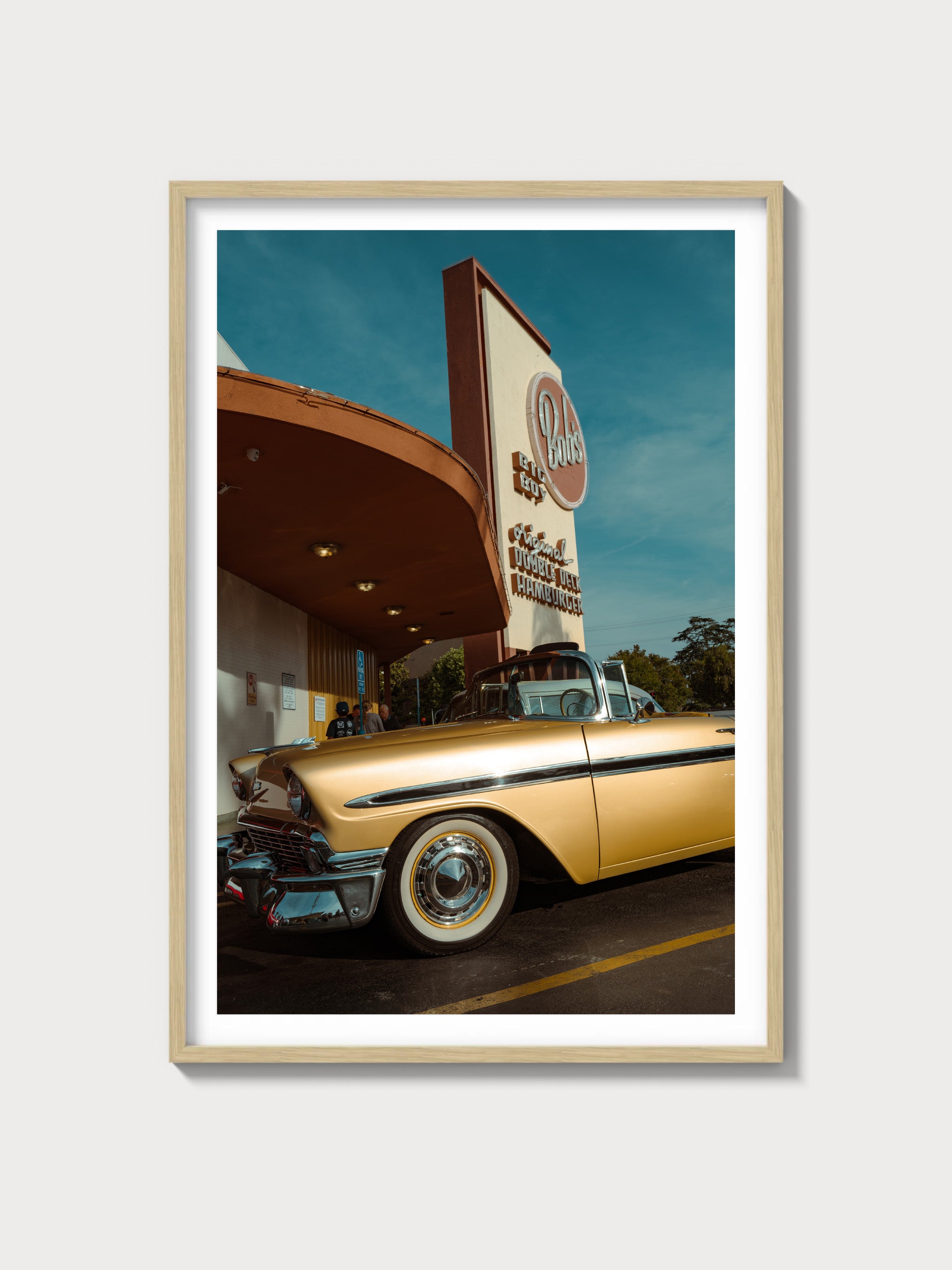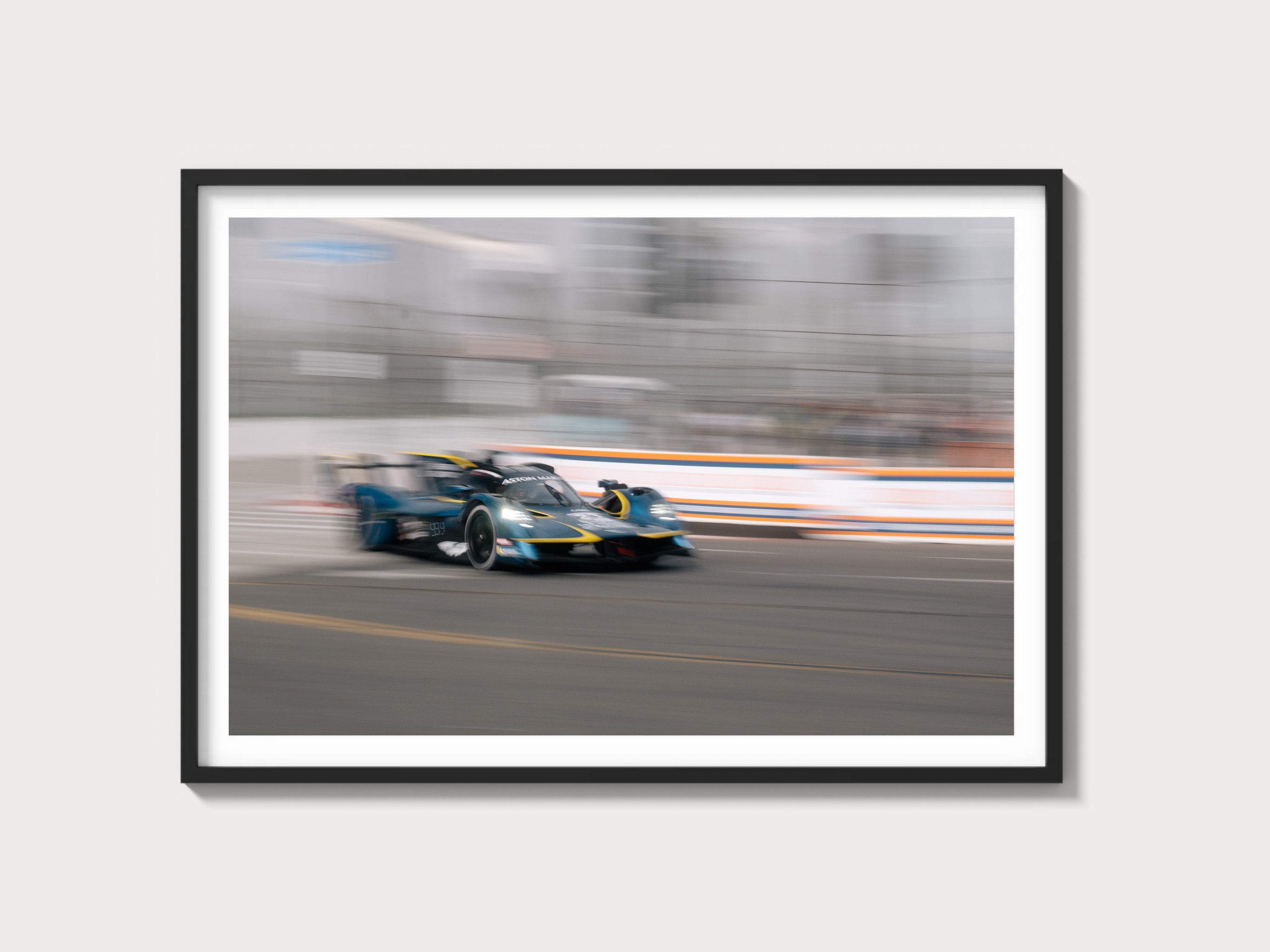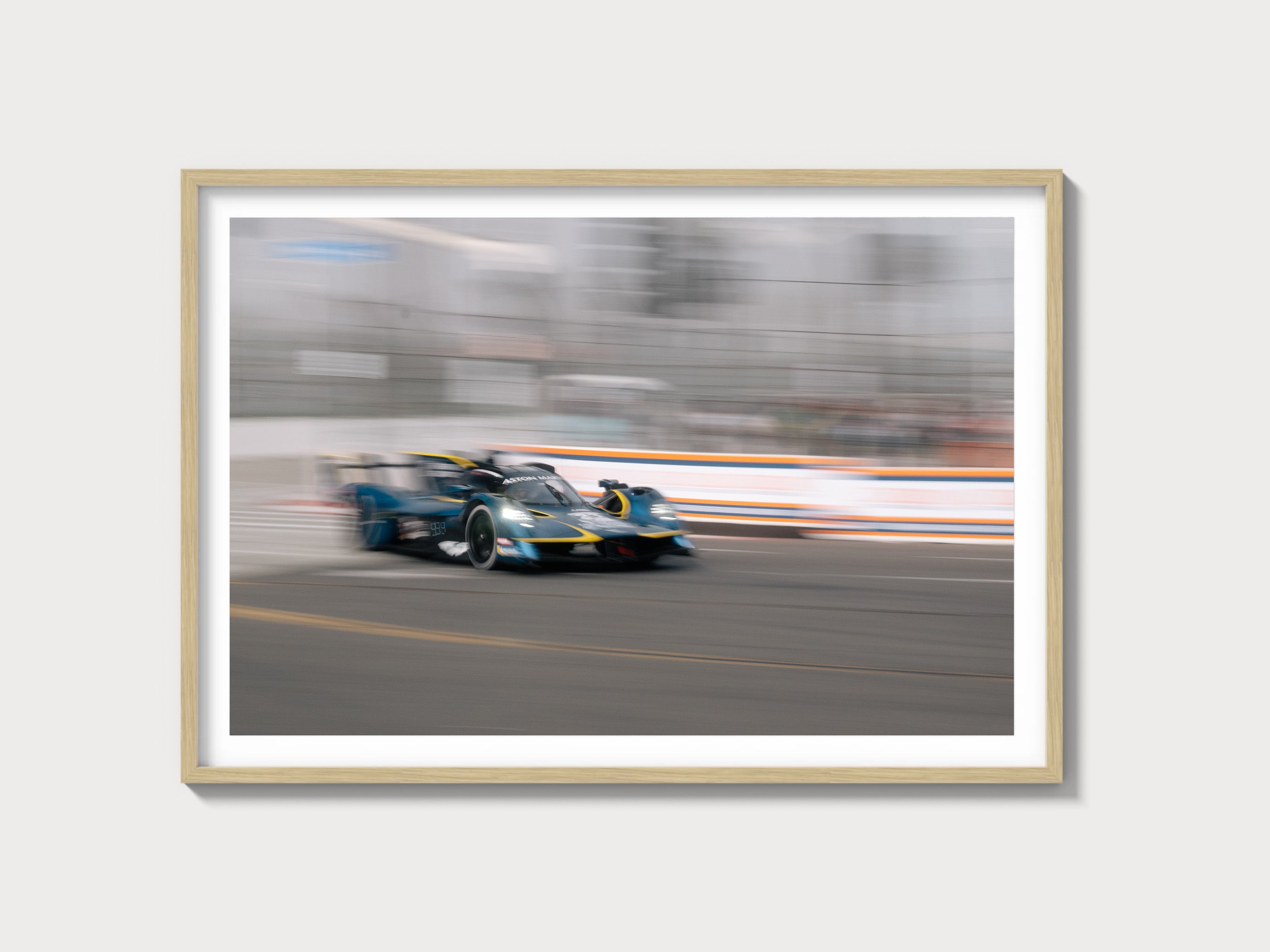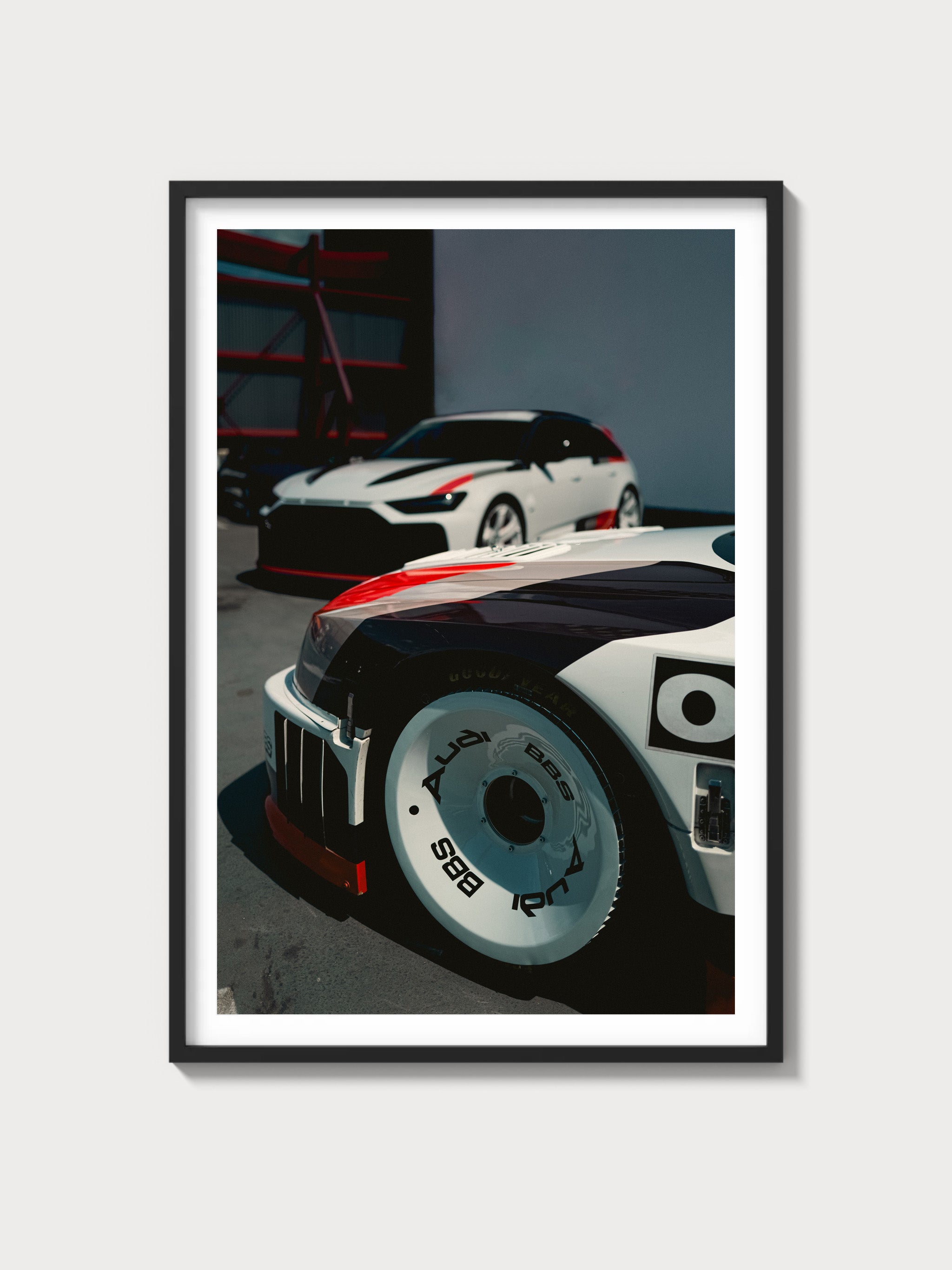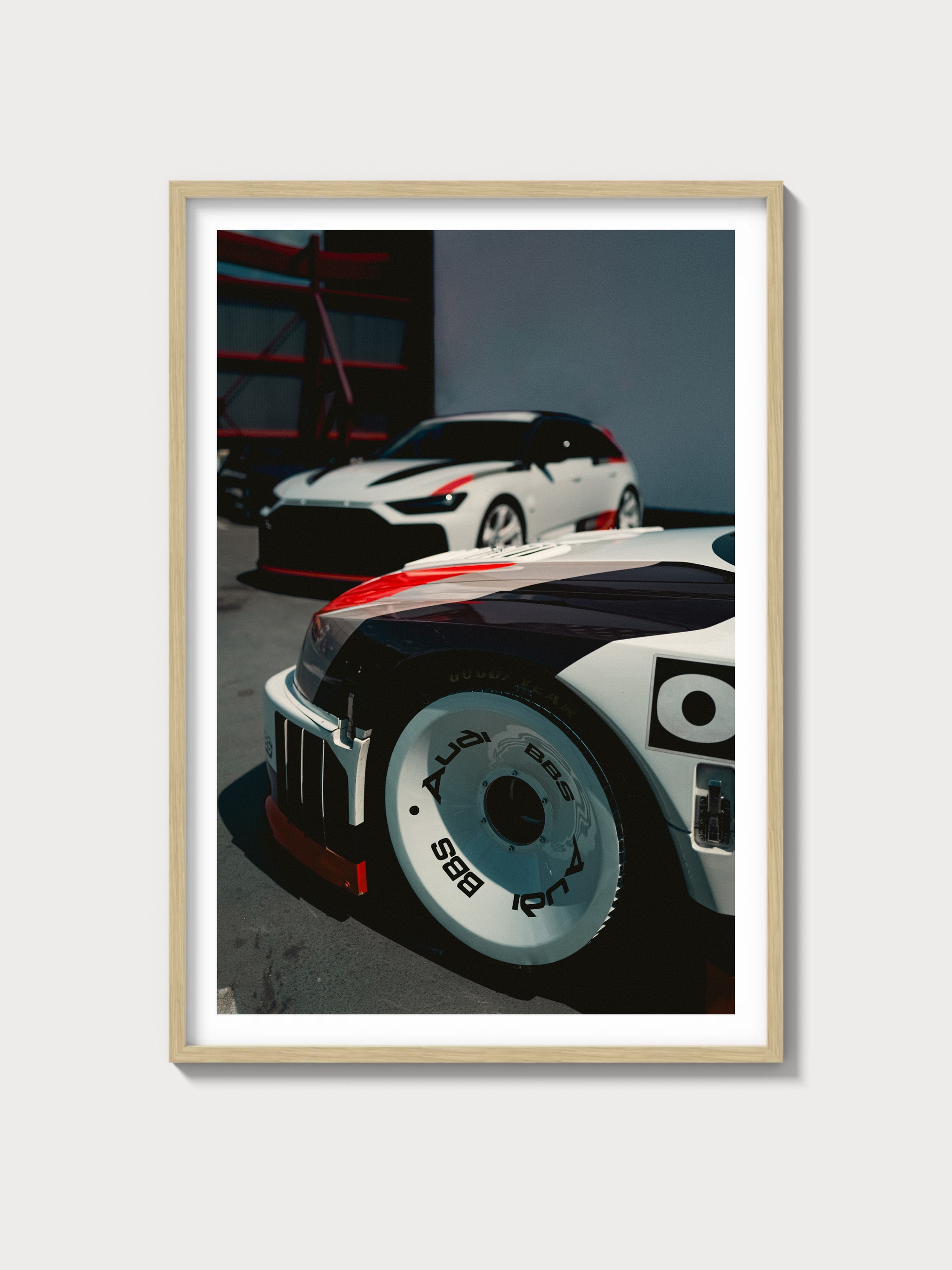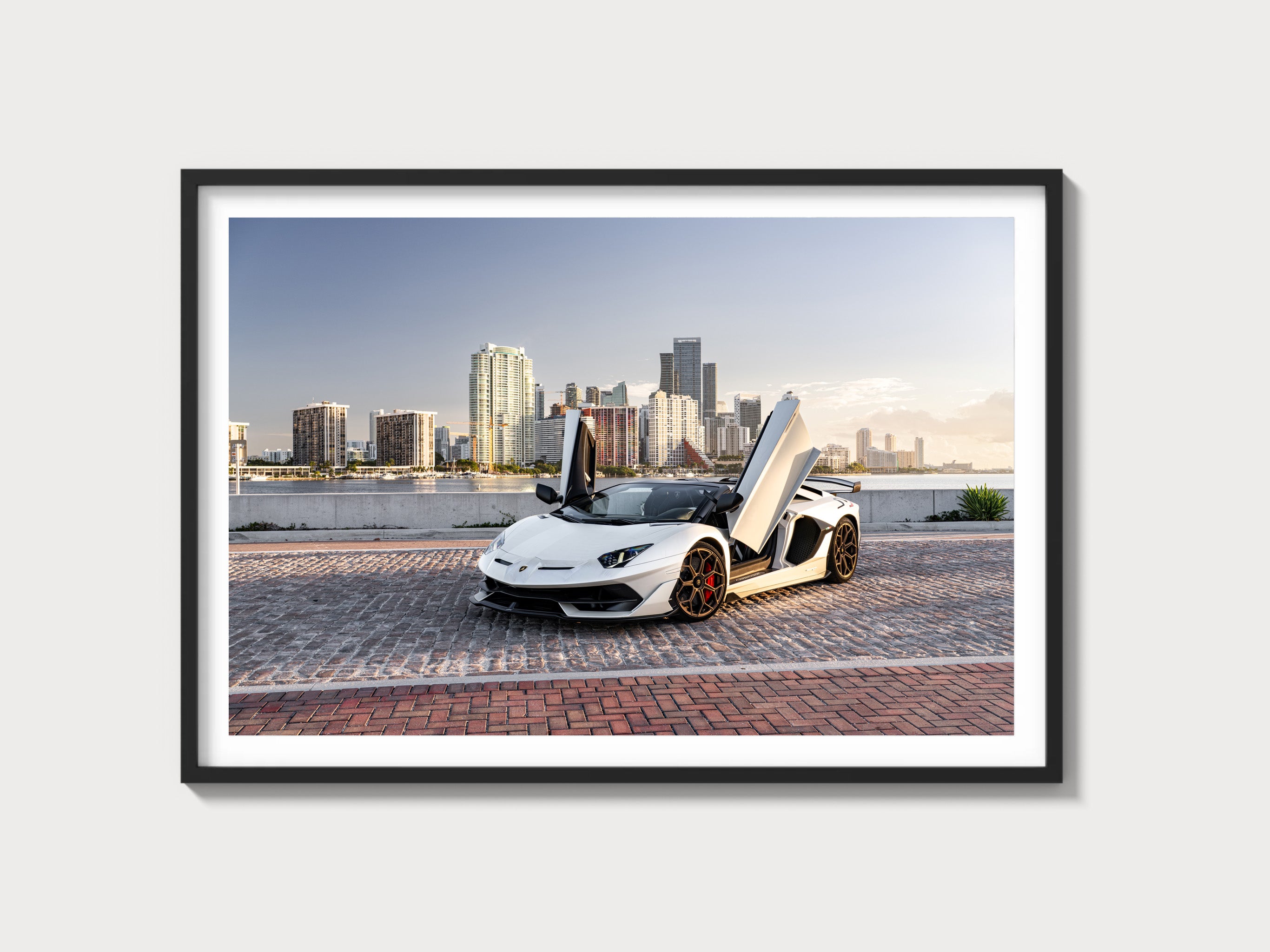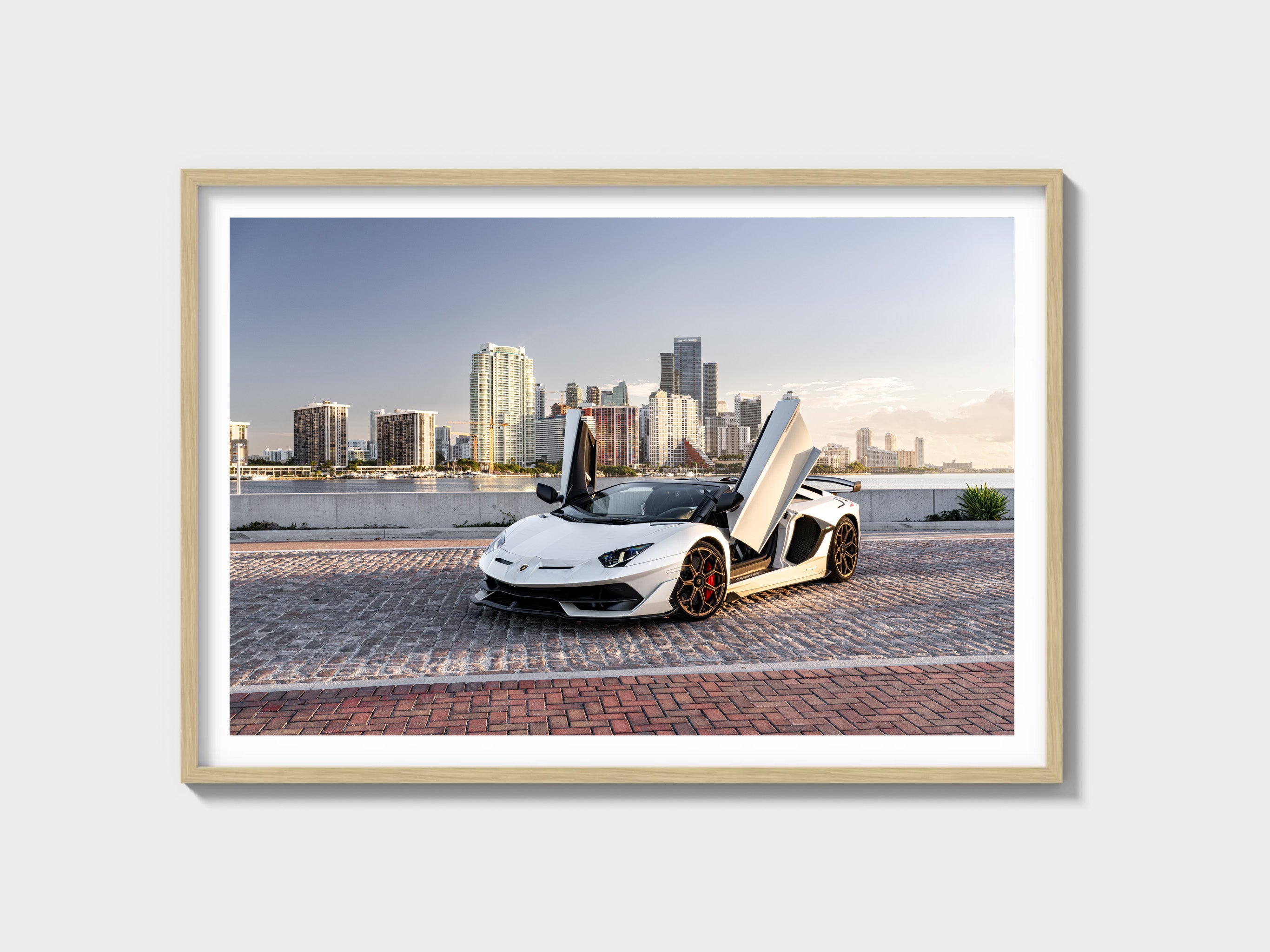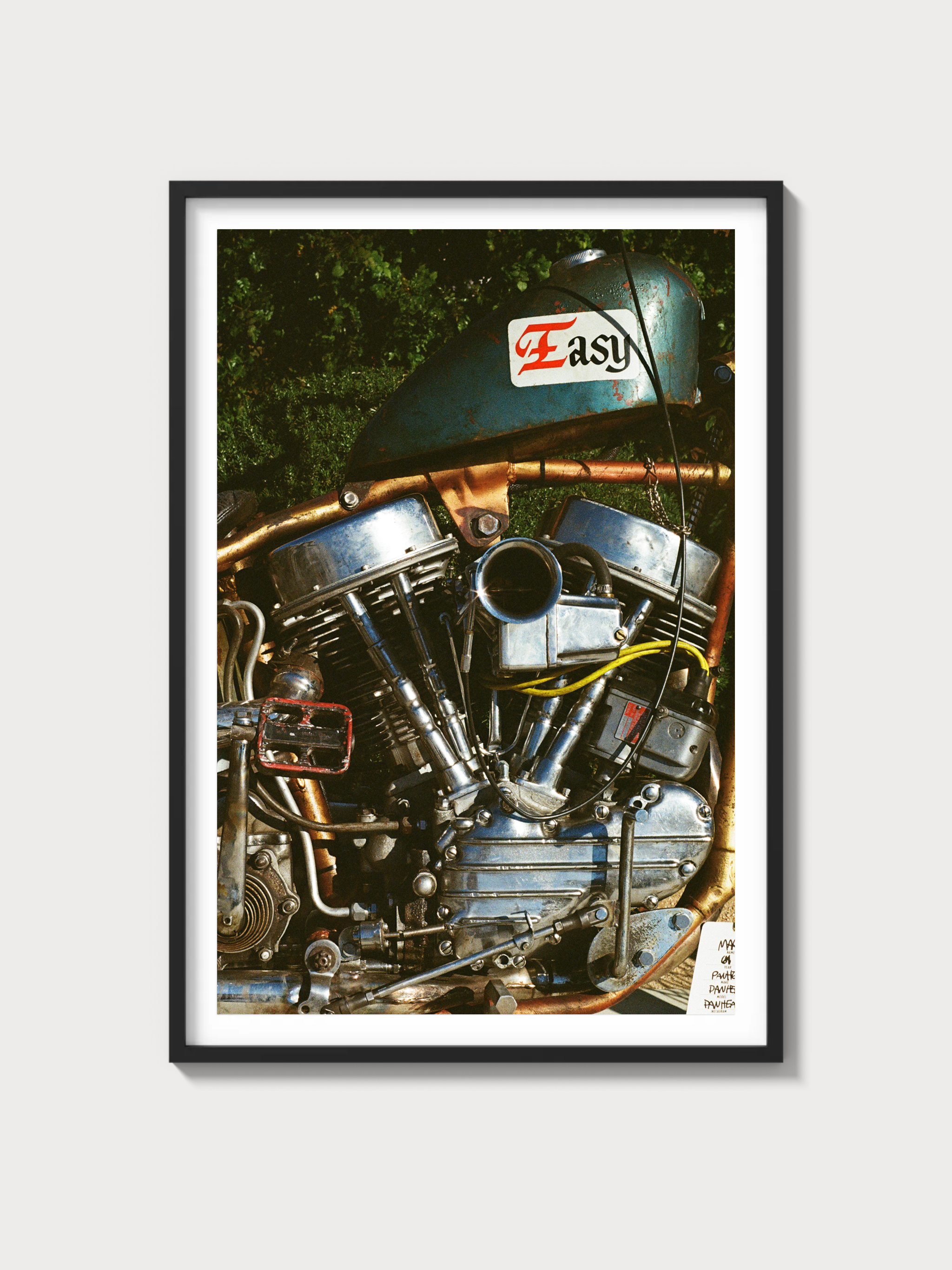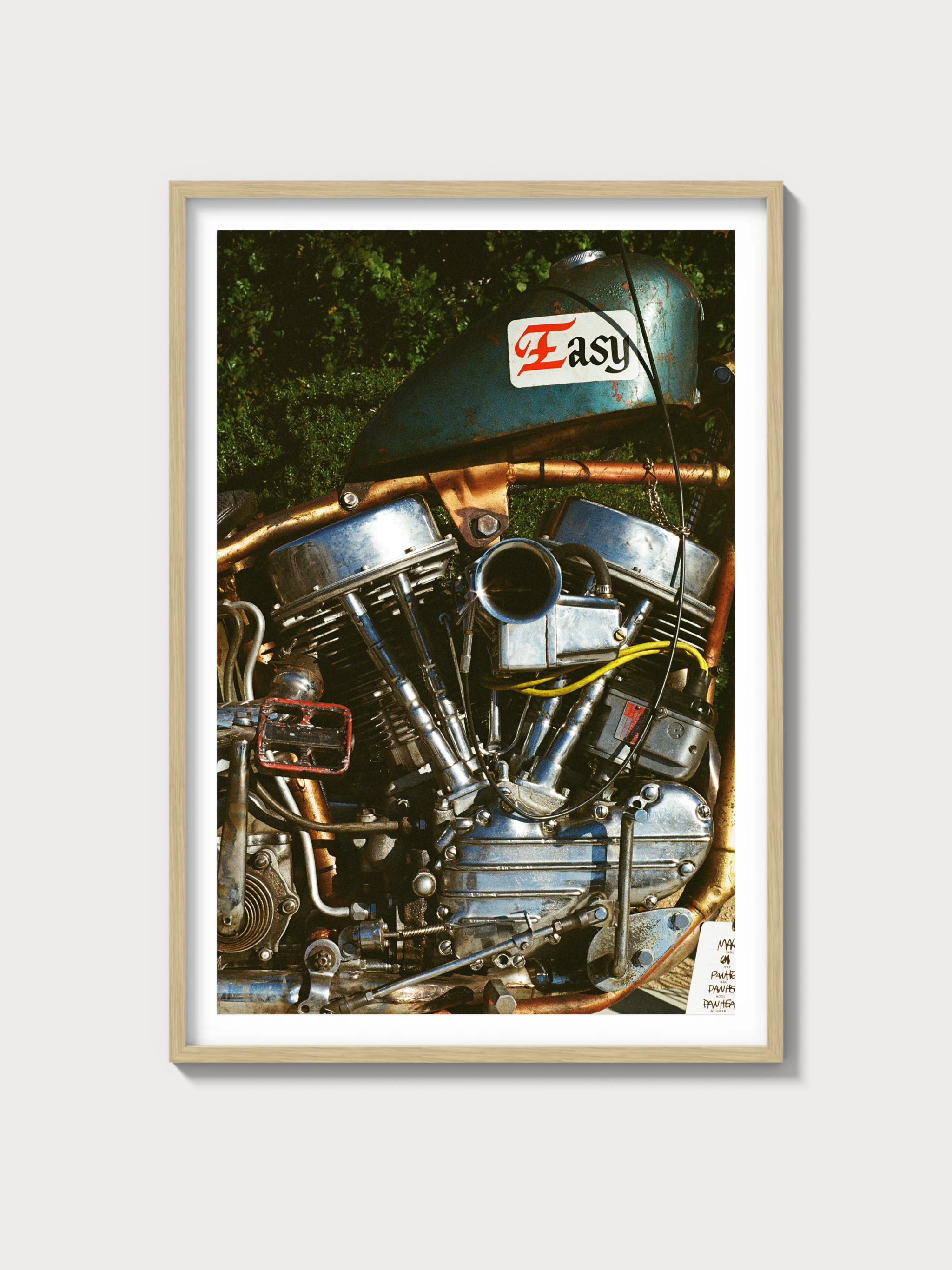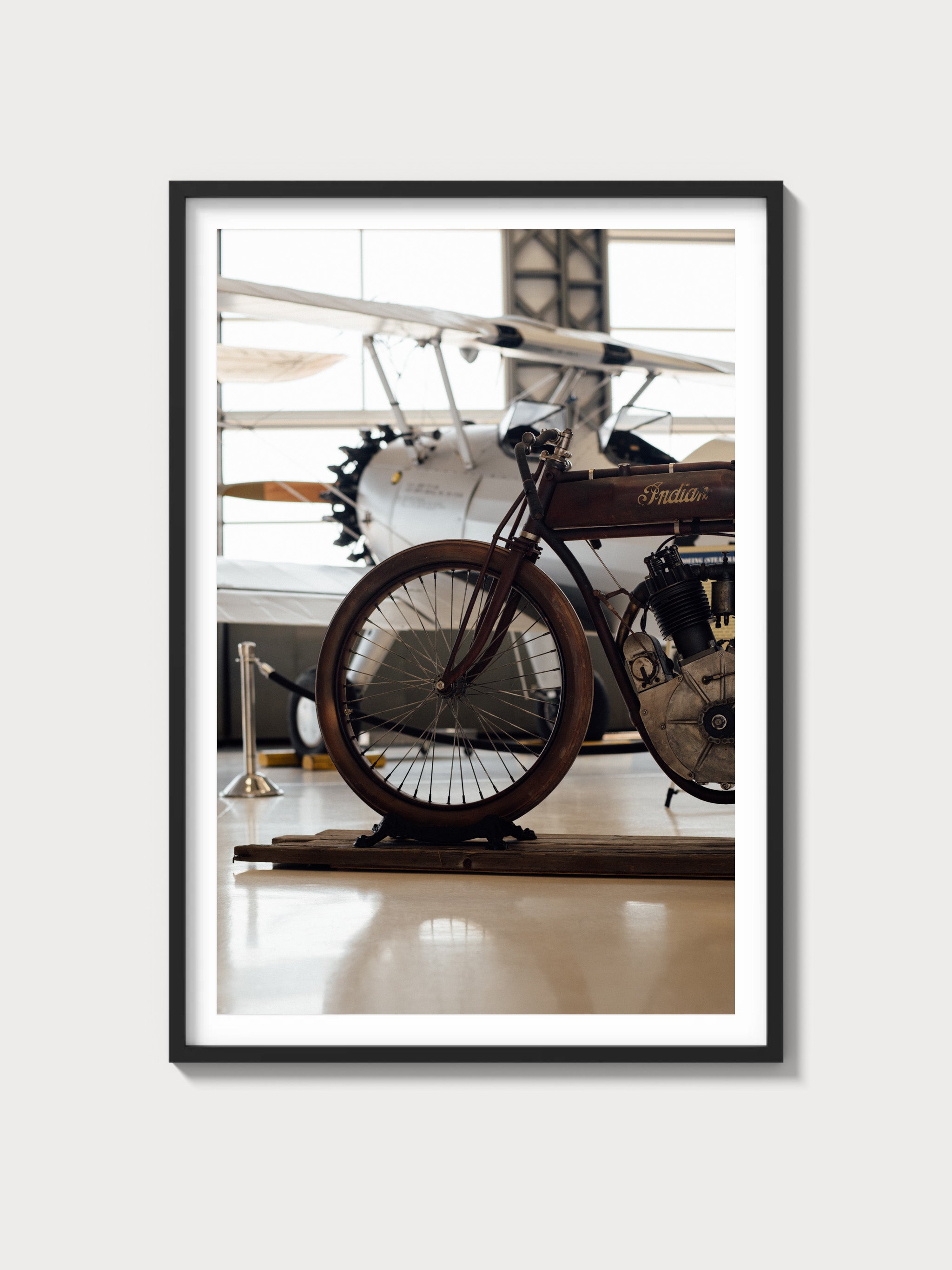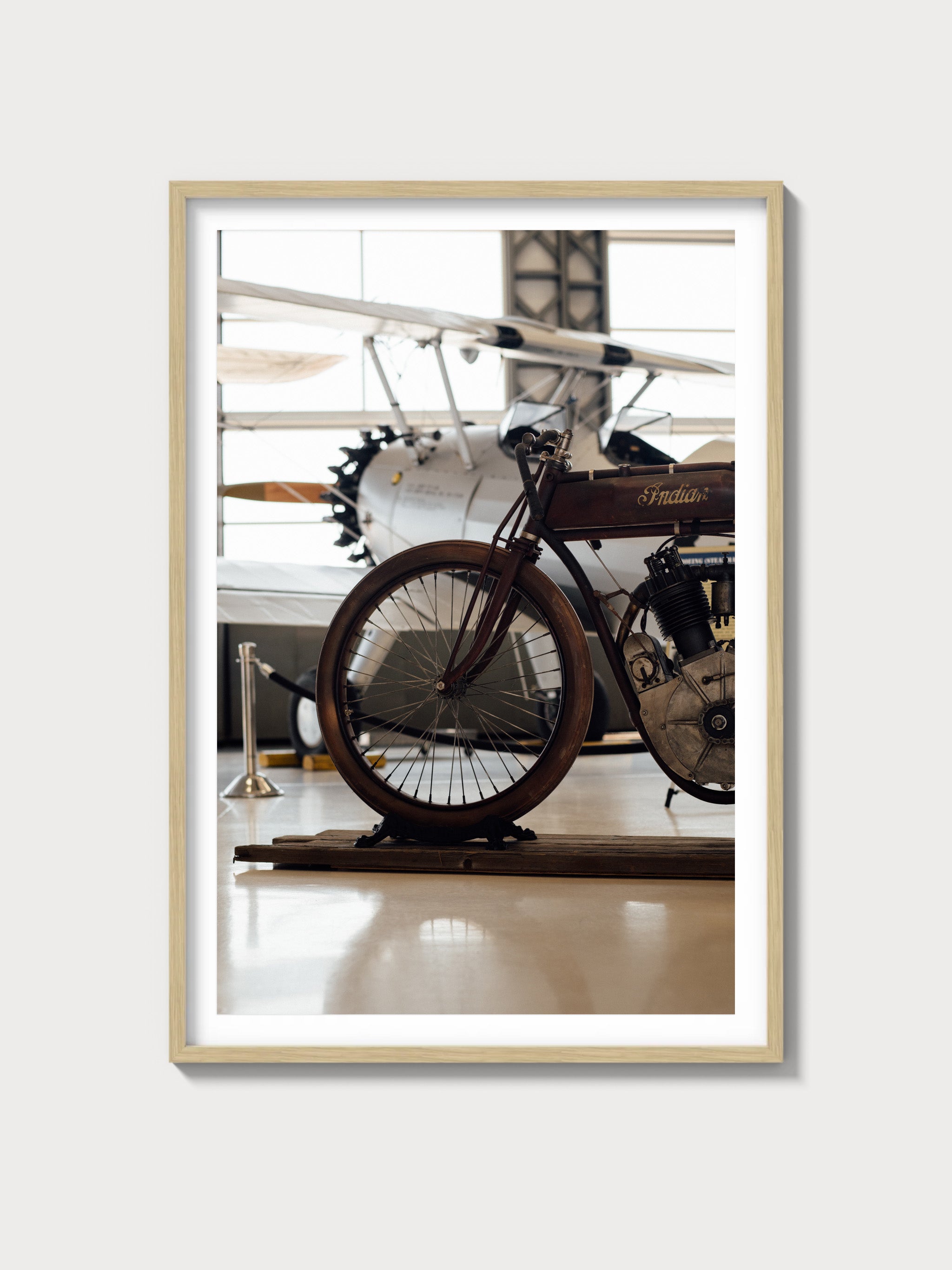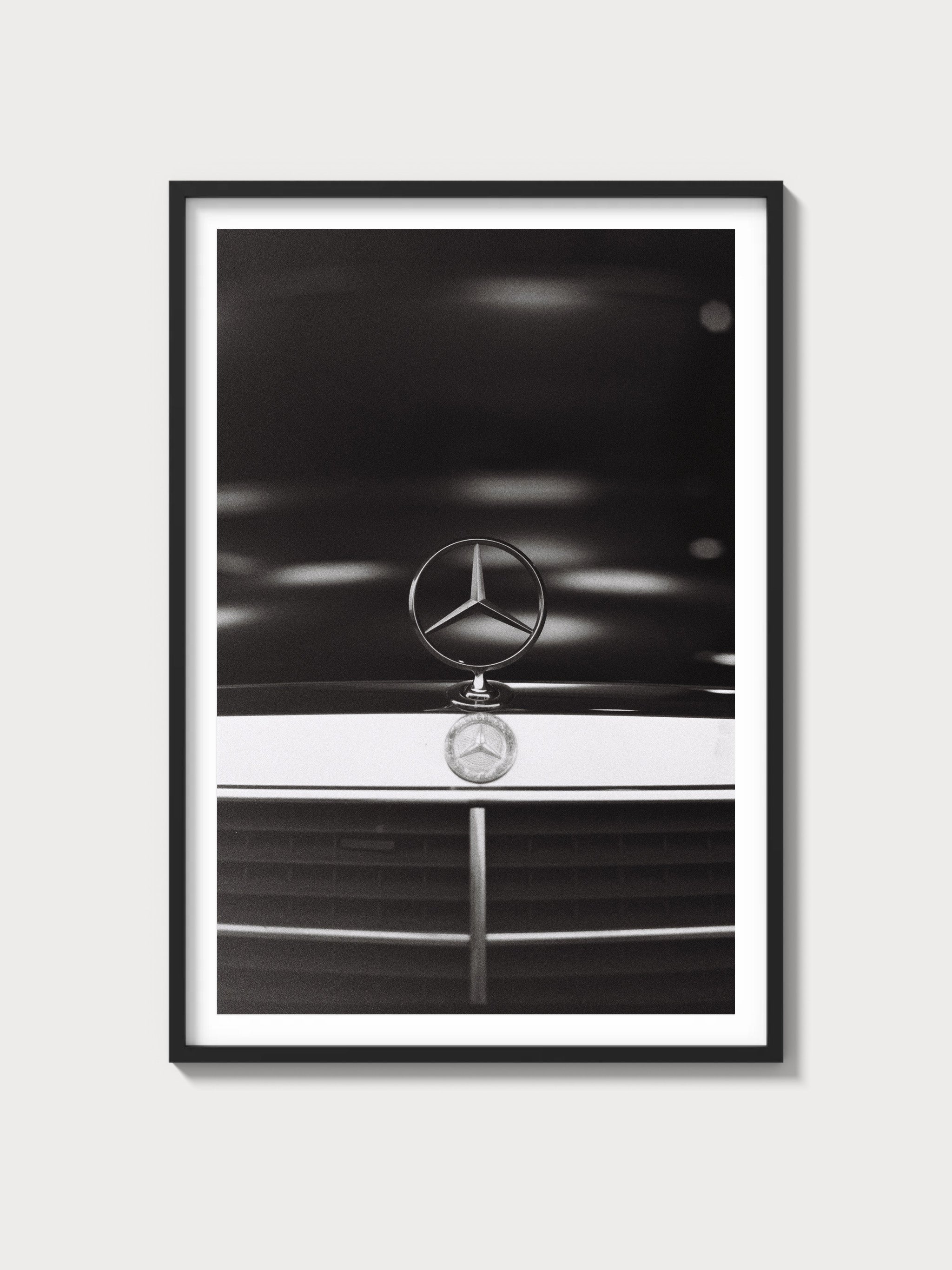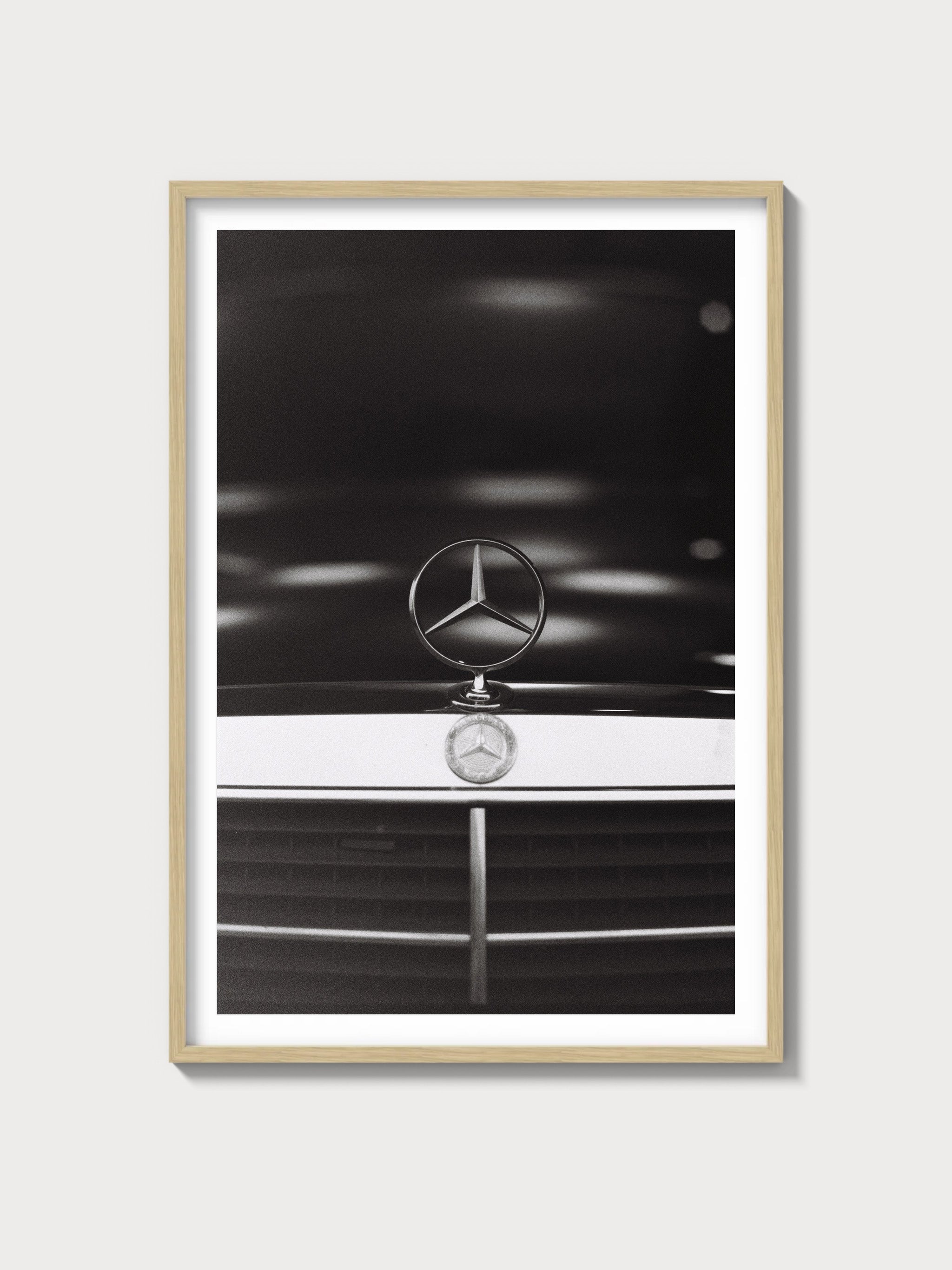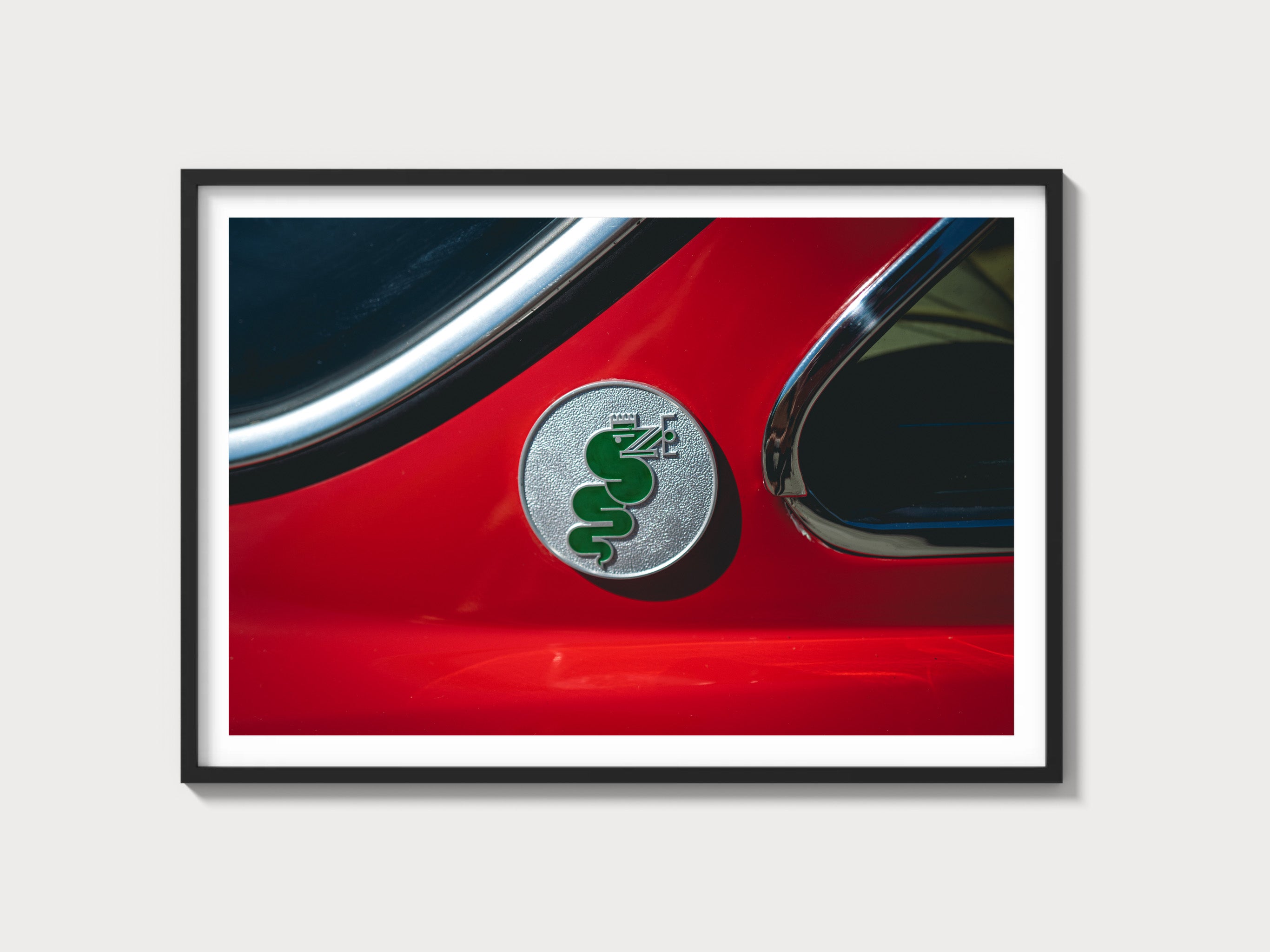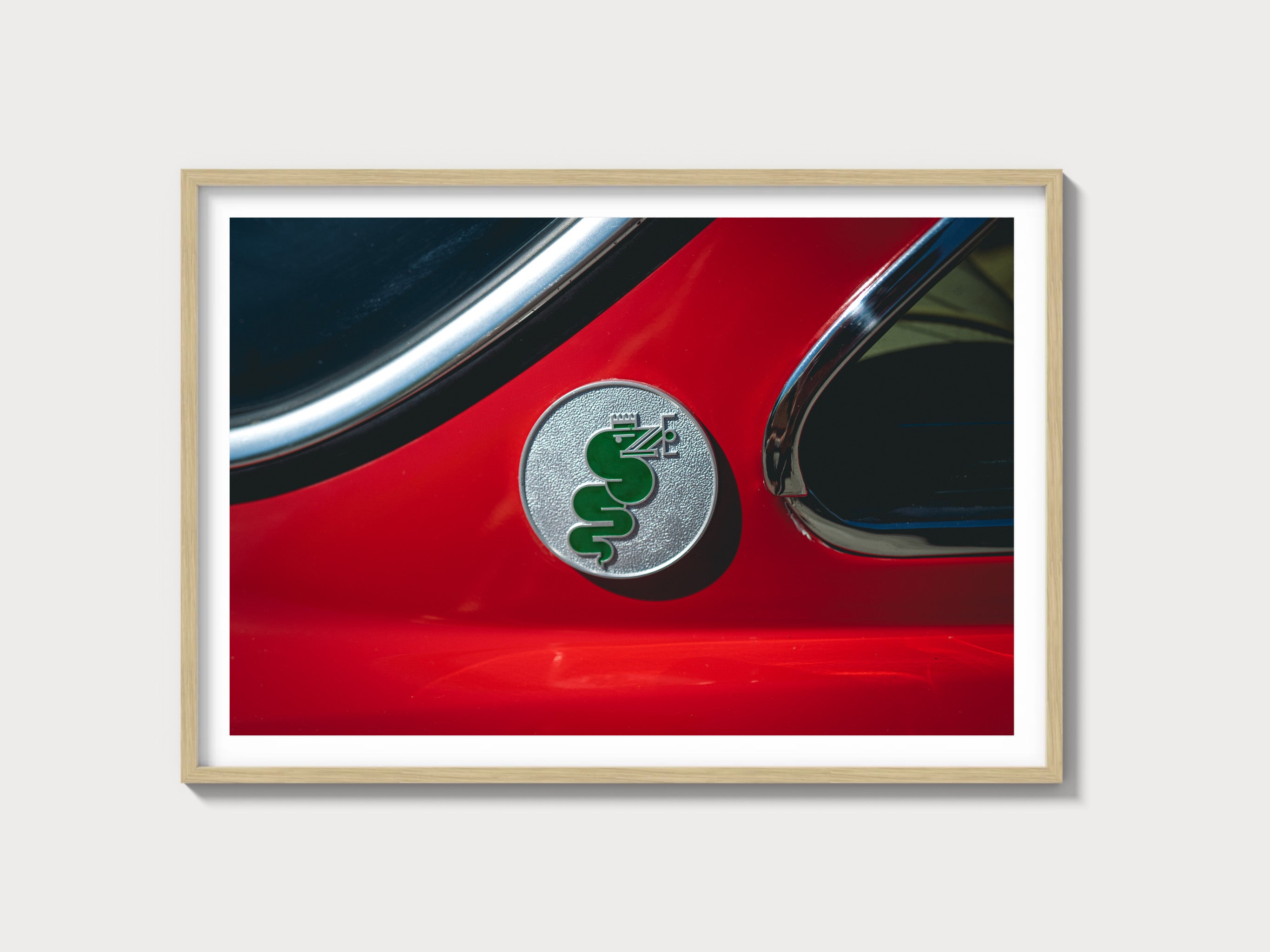Ferrari 166 Inter: The Definitive Guide
Introduction
The Ferrari 166 Inter holds a distinguished place in automotive history as Ferrari’s first true road car. Introduced in 1948, this grand tourer transitioned the marque from its racing roots—epitomized by the Ferrari 125 S—to a manufacturer of refined vehicles for the open road. Powered by a 2.0-liter V12 engine, an evolution of Gioacchino Colombo’s design, the Ferrari 166 Inter blended performance with elegance, setting a precedent for Ferrari’s dual legacy in racing and luxury. With just 38 units produced, it remains a rare and cherished artifact of the company’s early years.
Emerging in the postwar boom, the 166 Inter reflected Enzo Ferrari’s vision of funding his racing endeavors through road car sales. Its debut at the 1948 Paris Motor Show showcased a sophisticated design by Carrozzeria Touring, marking Ferrari’s entry into the grand touring market. This guide provides a comprehensive look at the Ferrari 166 Inter, exploring its technical prowess, historical significance, and enduring influence.
Historical Context
The Ferrari 166 Inter emerged as Enzo Ferrari sought to stabilize his fledgling company after the success of racing models like the 125 S and 166 S. By 1948, the financial demands of motorsport necessitated a shift toward production cars, and the 166 Inter was the result—a road-legal derivative of the racing 166 S, designed to appeal to wealthy enthusiasts.
Development took place in Maranello, with the Colombo V12 enlarged to 2.0 liters for greater refinement. Carrozzeria Touring, a renowned Milanese coachbuilder, crafted most of the bodies, introducing the Superleggera method—lightweight aluminum over a tubular frame. Unveiled at the Paris Motor Show in October 1948, the 166 Inter drew acclaim for its blend of performance and style, establishing Ferrari as a serious contender in the luxury car market.
Technical Specifications
The Ferrari 166 Inter combined racing-derived engineering with road-going practicality. Below is a detailed overview of its Ferrari 166 Inter specs.
Engine
The 166 Inter featured a 2.0-liter (1,992 cc) Colombo V12, producing 110 horsepower at 6,000 rpm. With a 60-degree V-angle and single overhead cam per bank, it was fed by a single Weber carburetor, balancing power and drivability.
Performance
The 166 Inter achieved a top speed of approximately 105 mph (169 km/h), with 0-60 mph acceleration in about 10 seconds—respectable for a 1940s grand tourer.
Chassis and Suspension
Its tubular steel chassis weighed around 900 kg (1,984 lbs), with a double-wishbone front suspension and a live rear axle, both with leaf springs and hydraulic dampers.
Transmission and Brakes
A 5-speed manual gearbox delivered power to the rear wheels, while hydraulic drum brakes provided stopping power.
| Specification | Details |
|---|---|
| Engine | 2.0L V12, 110 hp @ 6,000 rpm |
| Top Speed | ~105 mph (169 km/h) |
| Weight | 900 kg (1,984 lbs) |
| Transmission | 5-speed manual |
| Suspension (Front) | Double wishbone, leaf springs |
| Suspension (Rear) | Live axle, leaf springs |
| Brakes | Hydraulic drums |
Design and Styling
The Ferrari 166 Inter design married functionality with elegance, a hallmark of early Ferrari road cars.
Exterior
Most 166 Inters featured Touring’s Superleggera body—a sleek, lightweight aluminum shell with a distinctive egg-crate grille and flowing lines. Some units received custom bodies from Stabilimenti Farina or Vignale.
Interior
The interior offered leather upholstery, a wood-rimmed steering wheel, and basic instrumentation, providing a refined yet understated cabin for two.
Production and Variants
The Ferrari 166 Inter saw limited production, with 38 units built between 1948 and 1950. Ferrari 166 Inter production included various coachbuilt bodies, but no distinct variants emerged beyond styling differences.
Performance and Racing Legacy
Unlike its racing sibling, the Ferrari 166 Inter racing history is minimal, as it was designed for road use. However, its underpinnings supported the 166 S’s successes, including the 1949 Mille Miglia win.
Ownership and Market Value
Originally priced at around $5,000 USD, the Ferrari 166 Inter value today ranges from $1-2 million at auction, reflecting its rarity and historical significance.
Cultural Impact
The Ferrari 166 Inter established the marque’s reputation for grand touring excellence, influencing later models like the 250 GT series.
Comparisons
The Ferrari 166 Inter vs Jaguar XK120 contrasts a 110 hp V12 with a 160 hp straight-6, highlighting different approaches to postwar performance.
| Model | Engine | Power | Weight | Top Speed |
|---|---|---|---|---|
| Ferrari 166 Inter | 2.0L V12 | 110 hp | 900 kg | ~105 mph |
| Jaguar XK120 | 3.4L Straight-6 | 160 hp | 1,295 kg | ~120 mph |
Frequently Asked Questions
What was the Ferrari 166 Inter?
Ferrari’s first true road car, a 1948 grand tourer with a 2.0L V12.
How many Ferrari 166 Inter were made?
38 units between 1948 and 1950.
What engine did the Ferrari 166 Inter have?
A 2.0L Colombo V12, 110 hp.
Was the Ferrari 166 Inter a race car?
No, it was designed for road use, unlike the 166 S.

